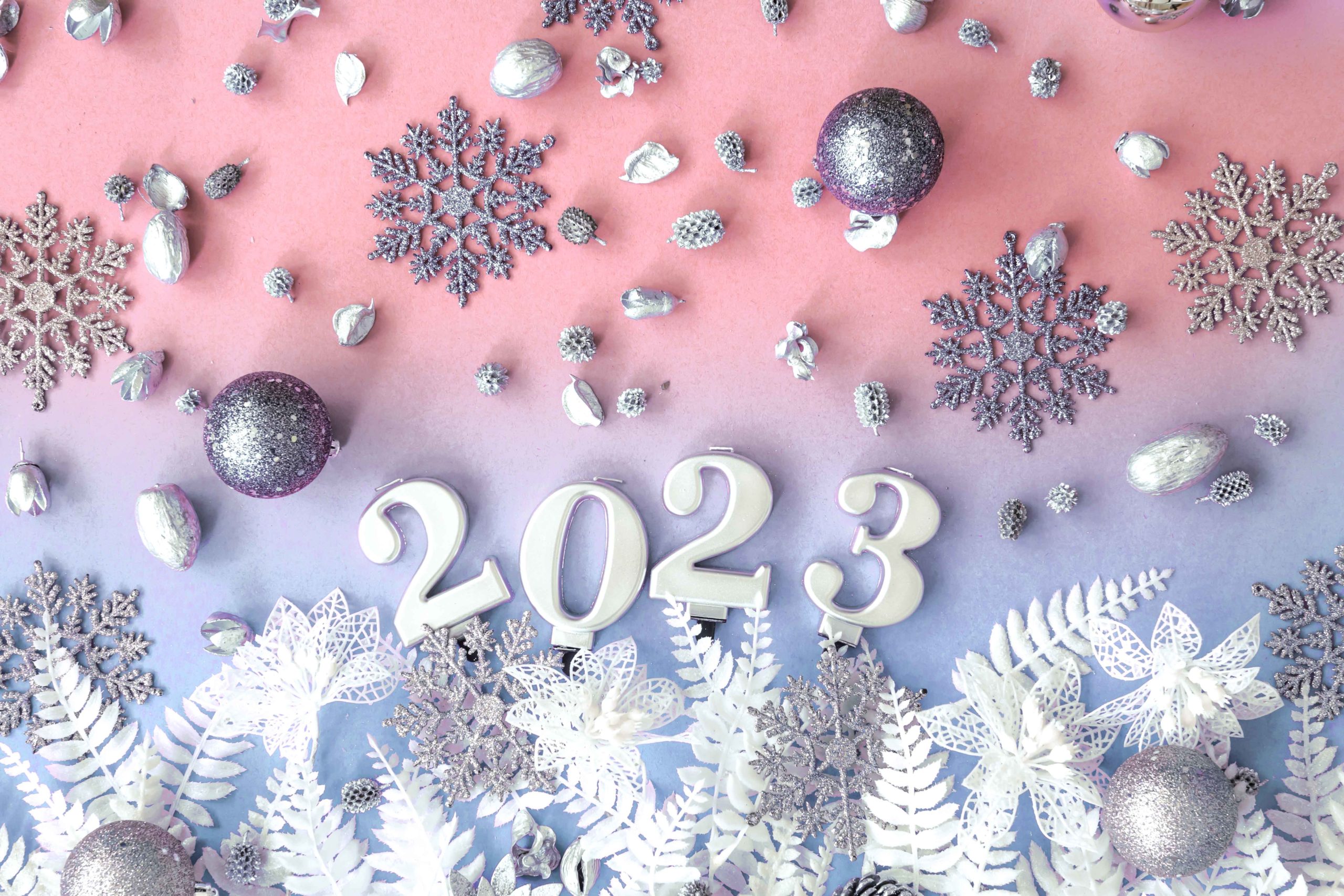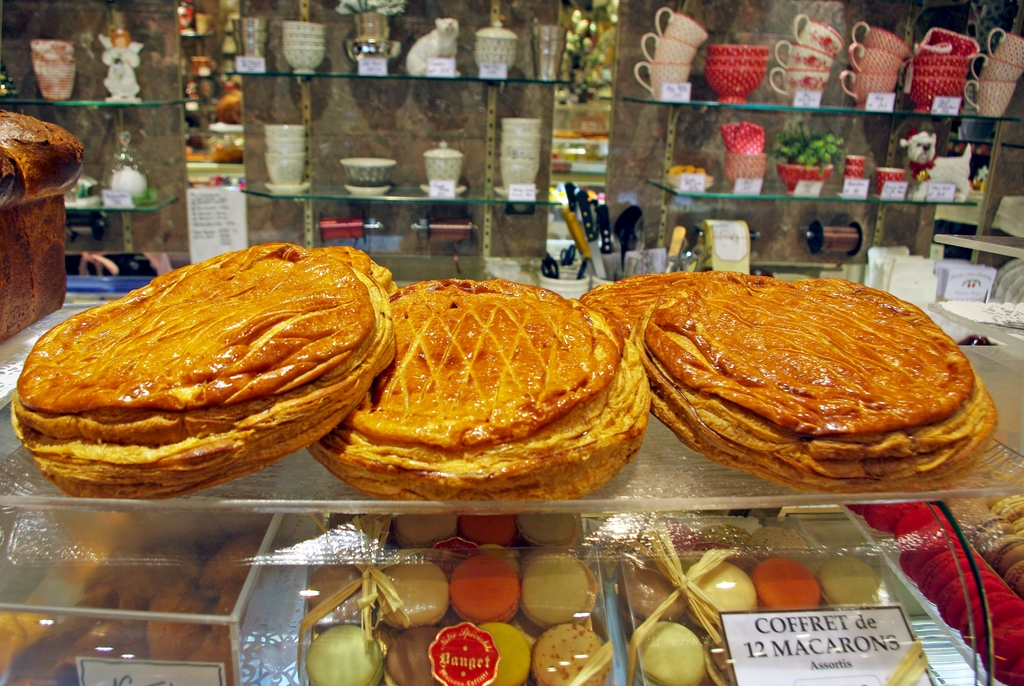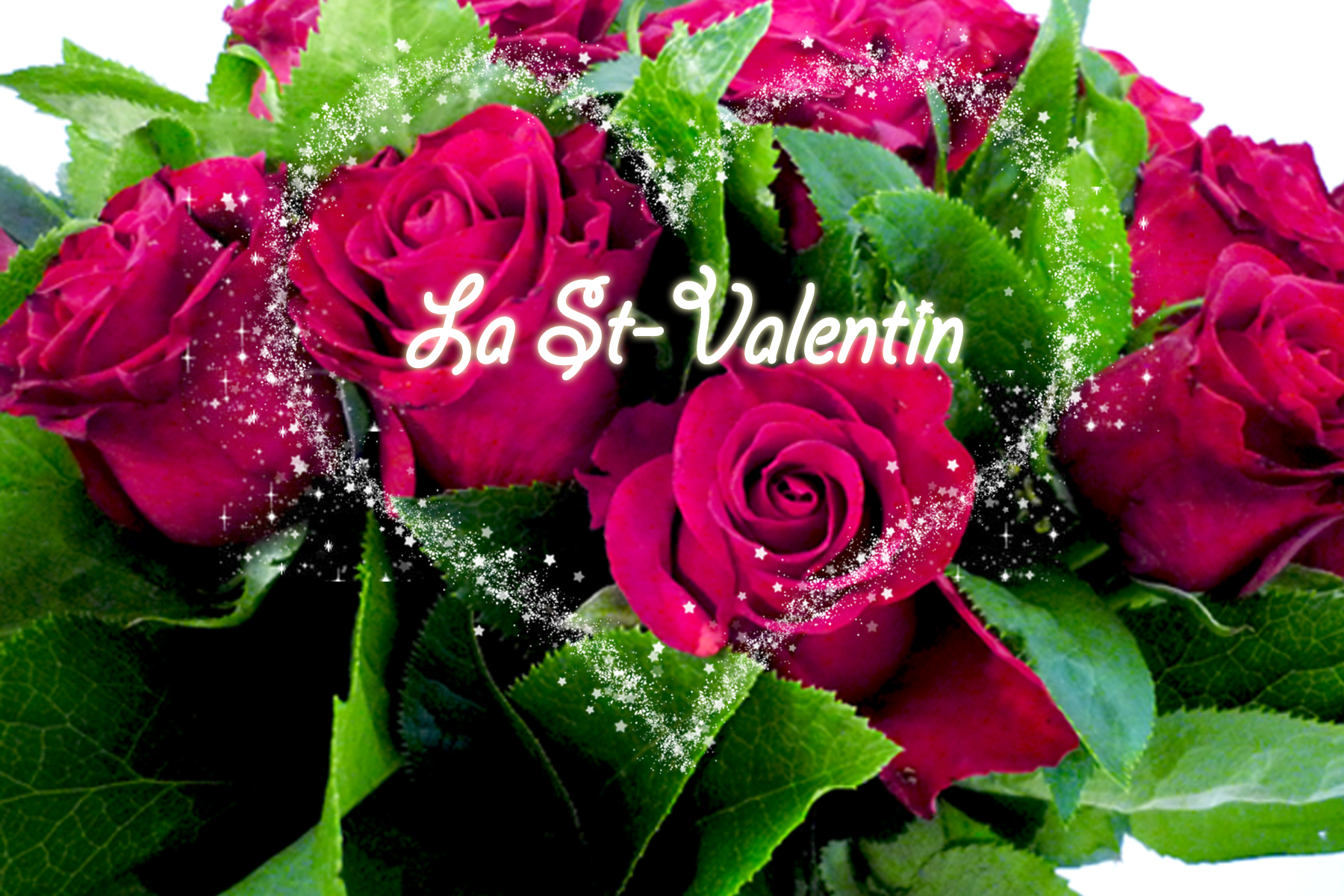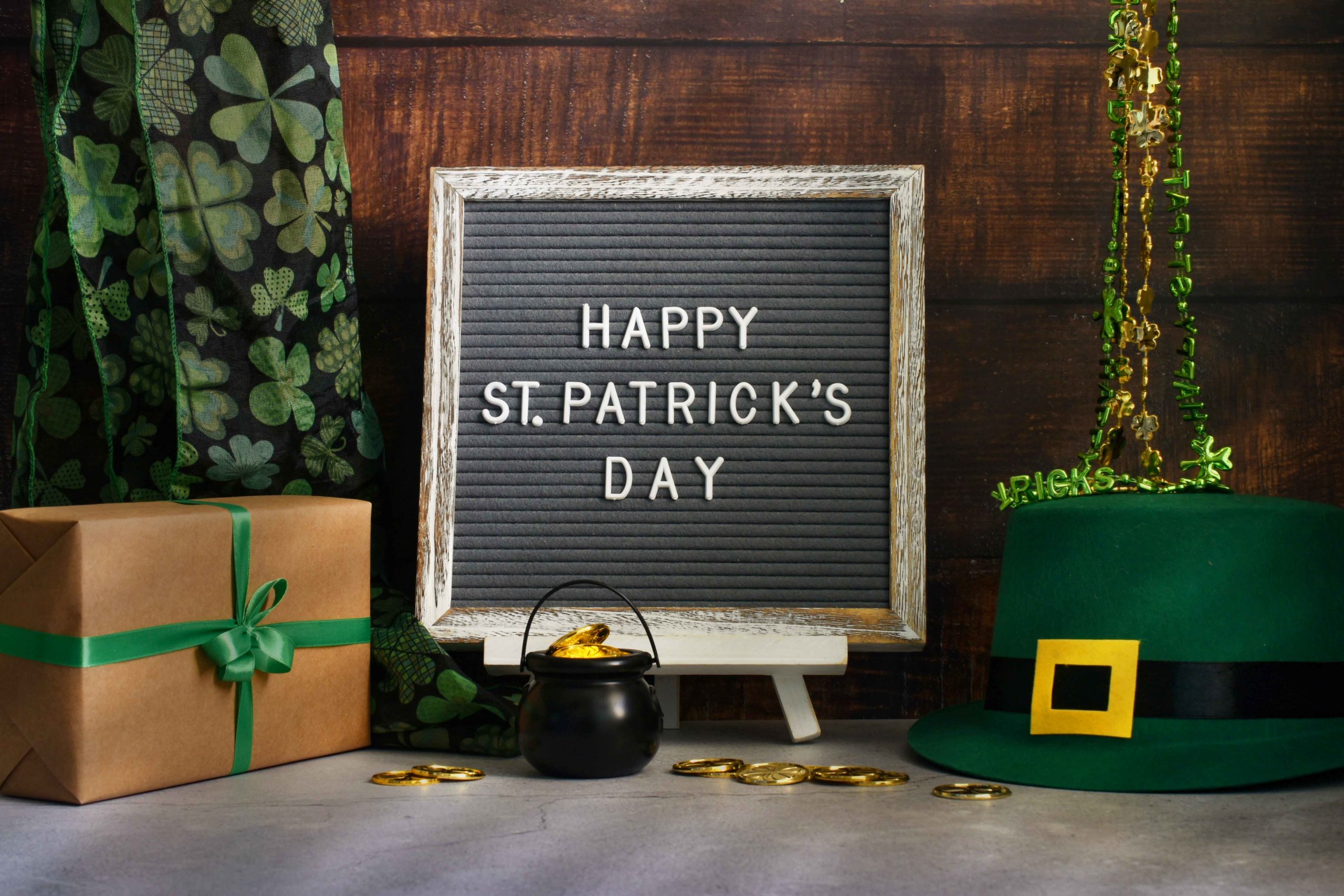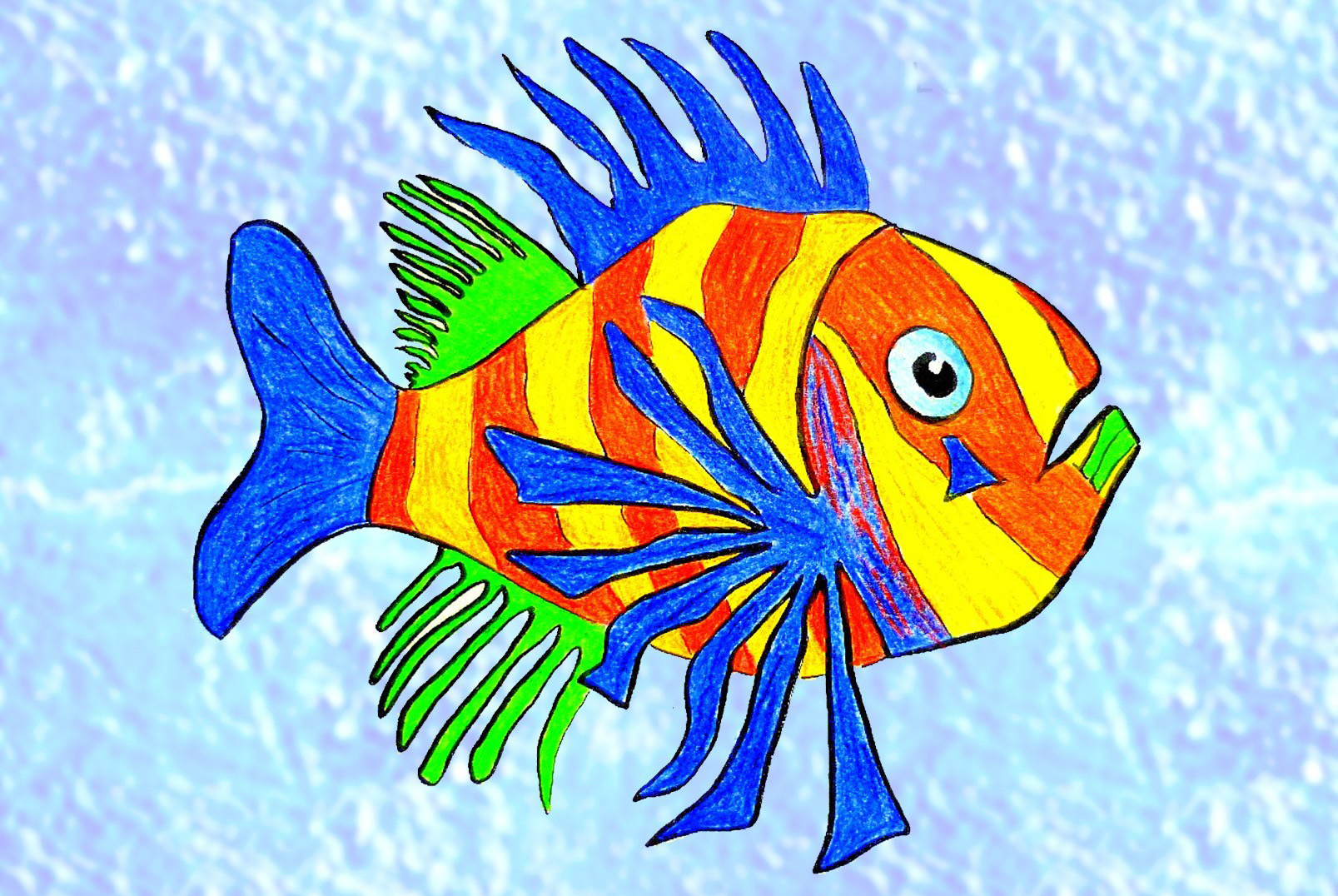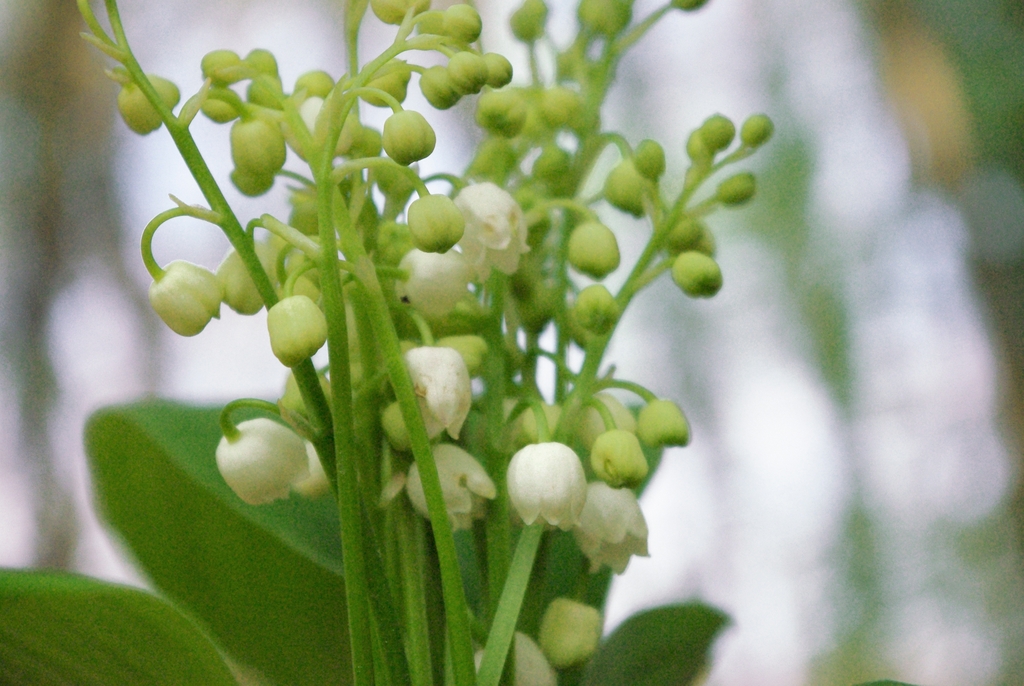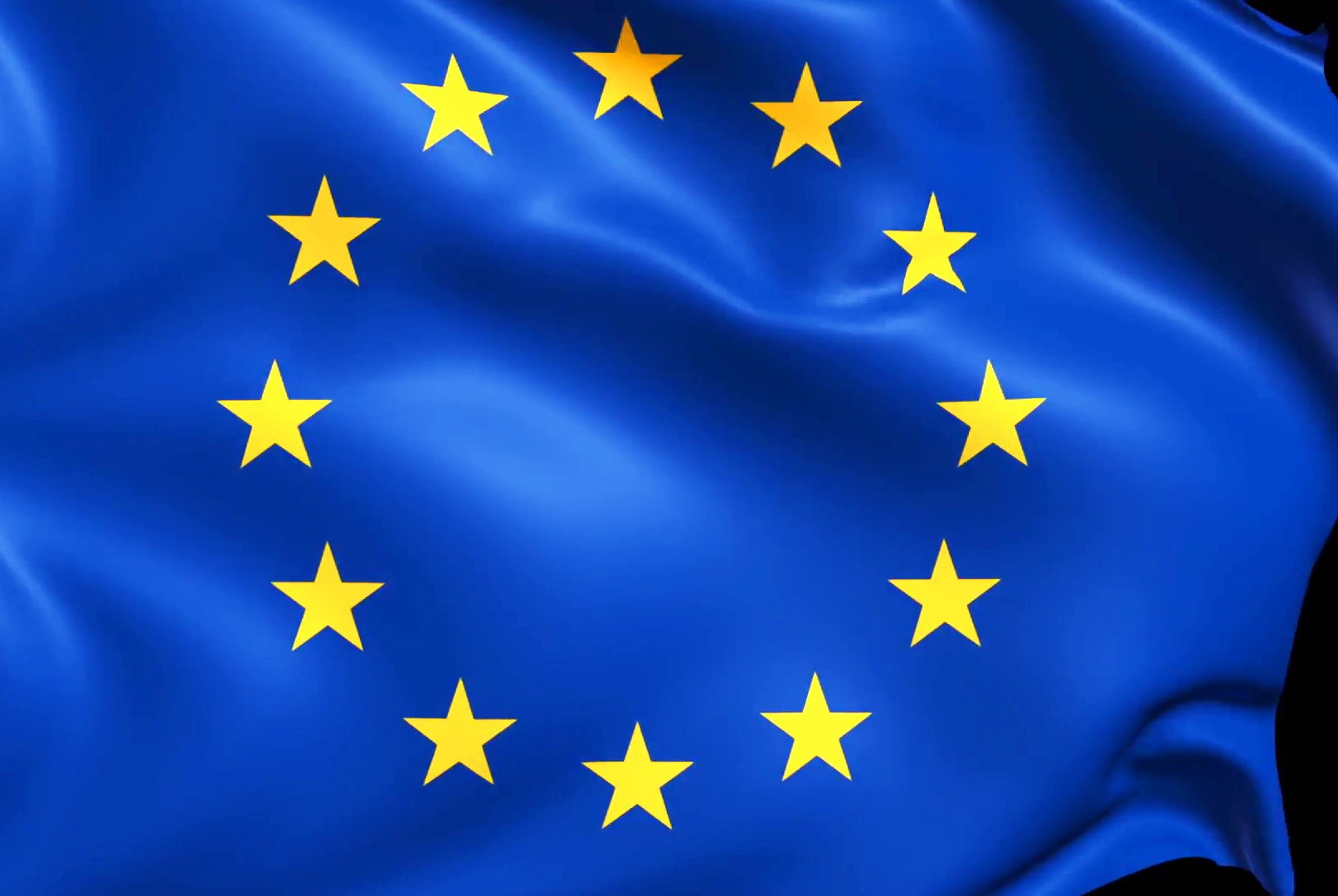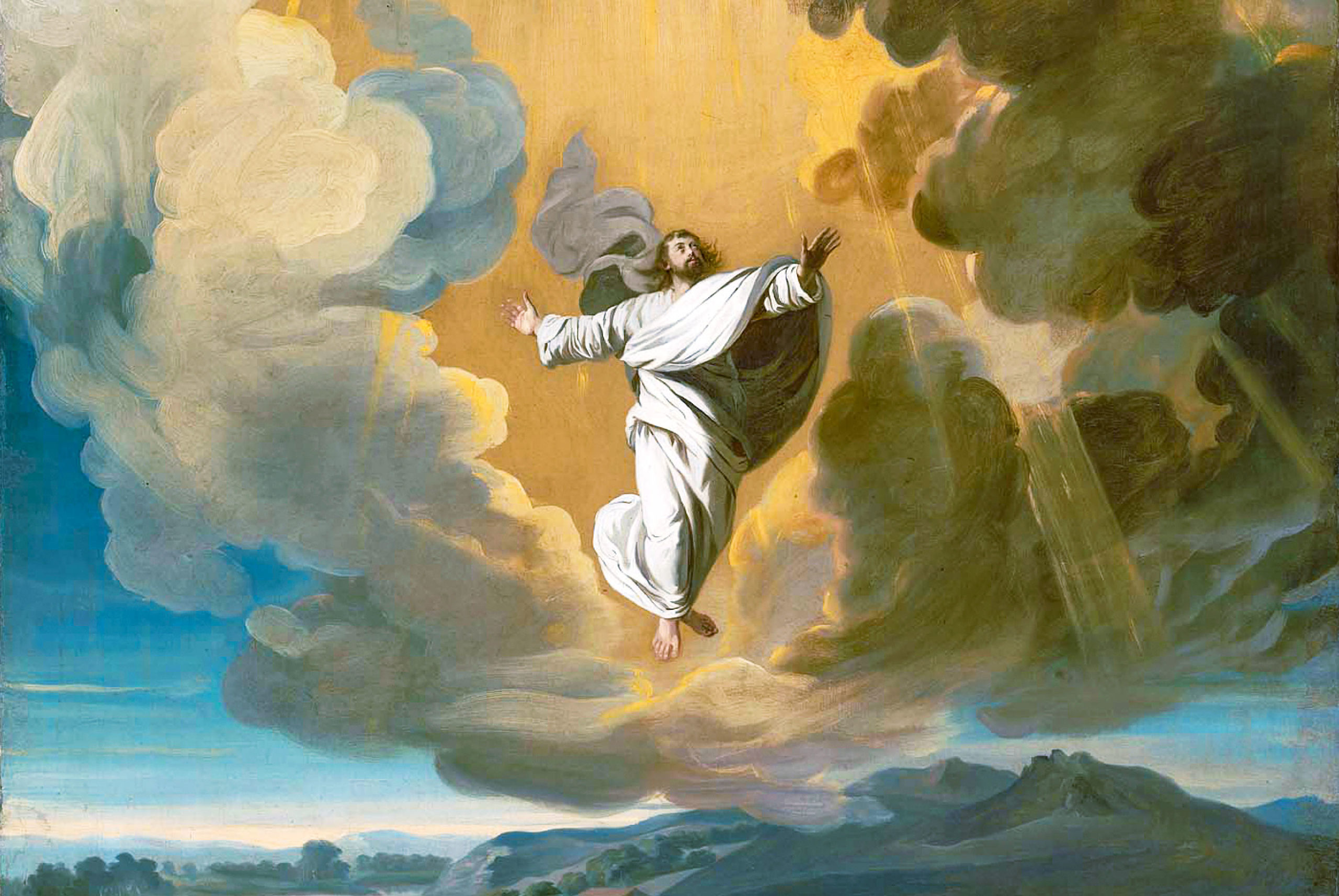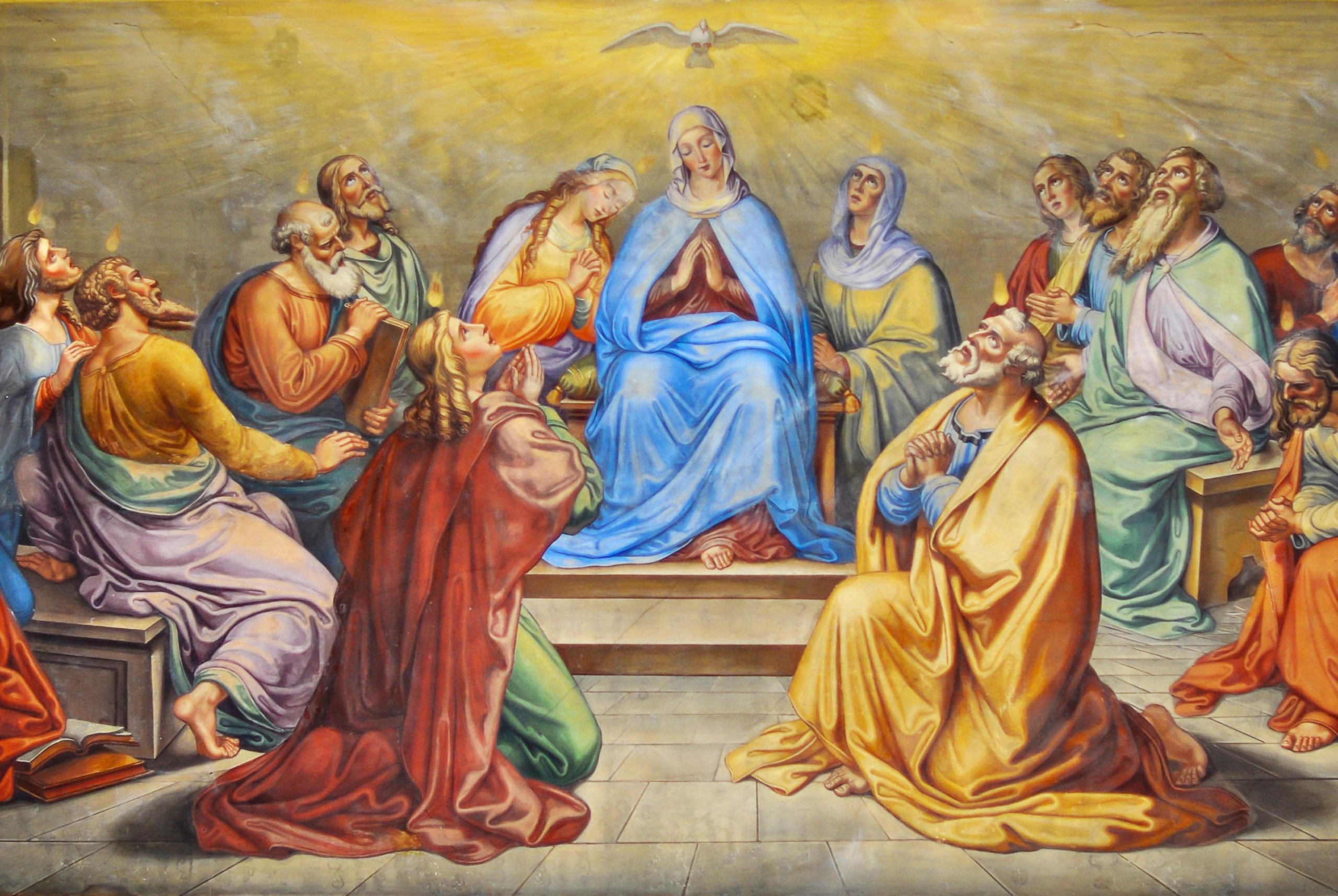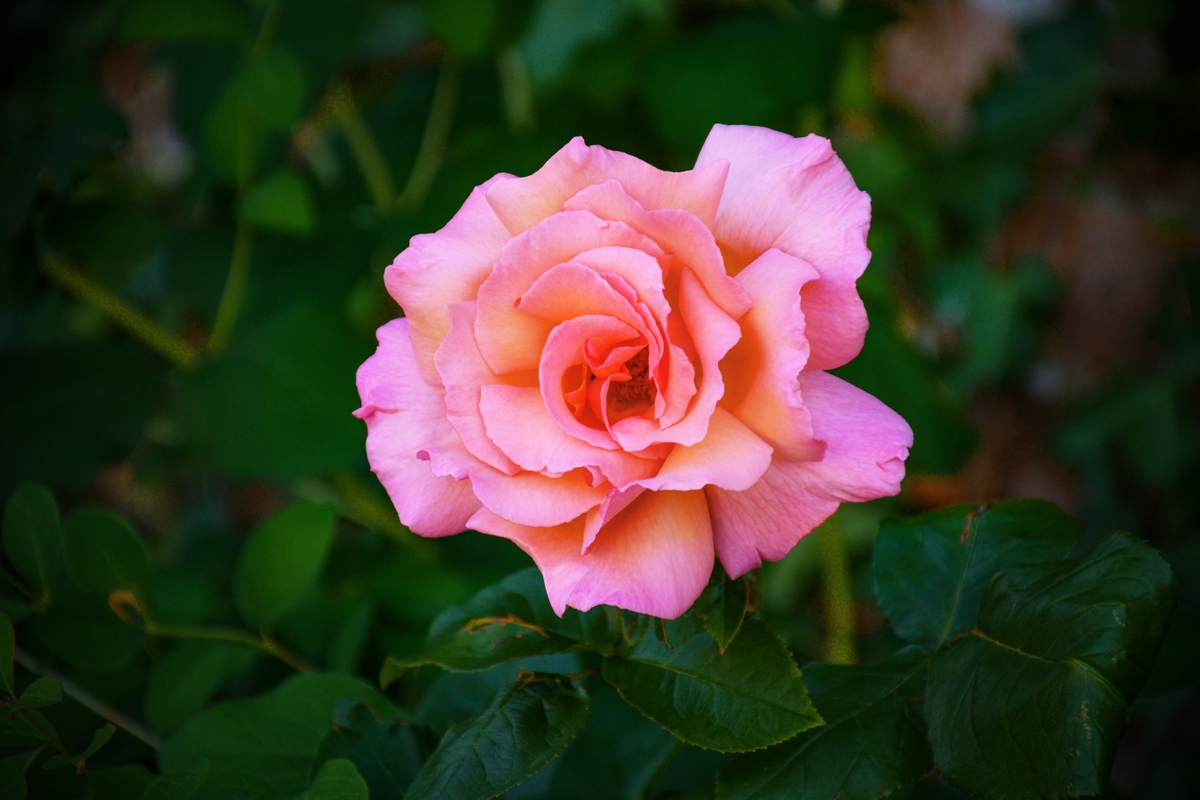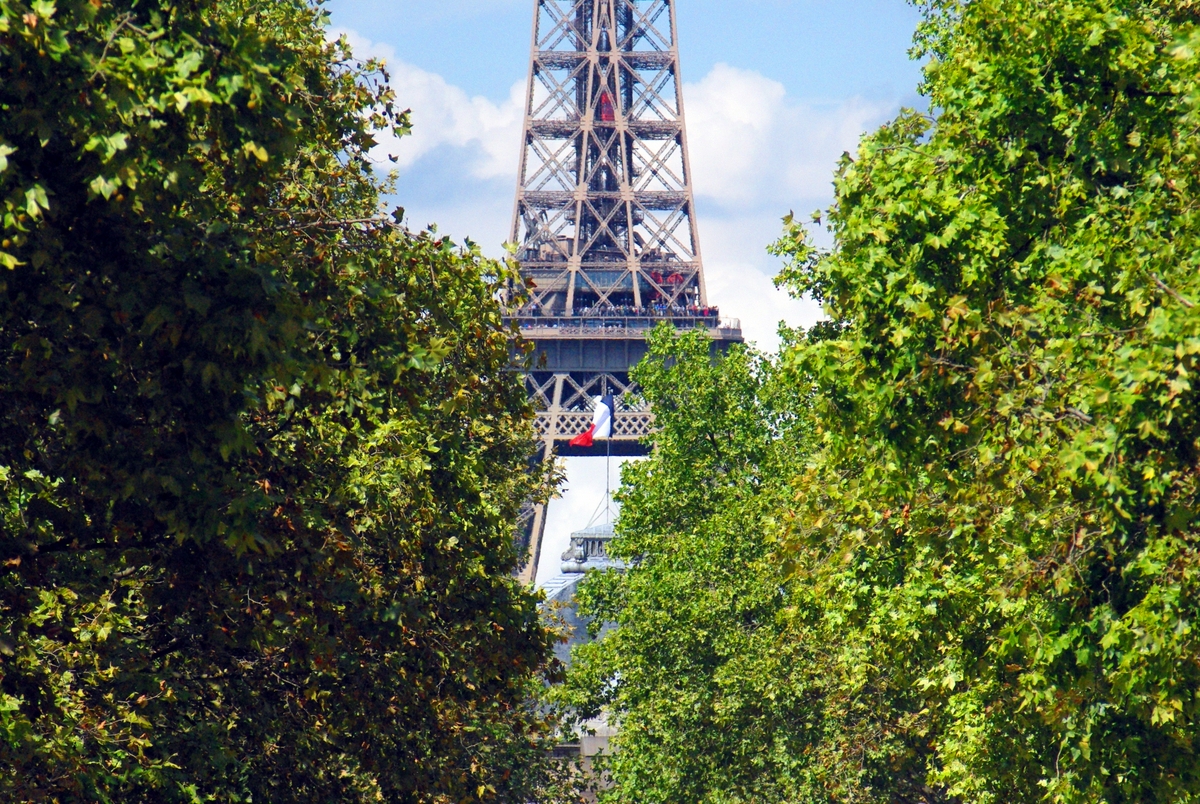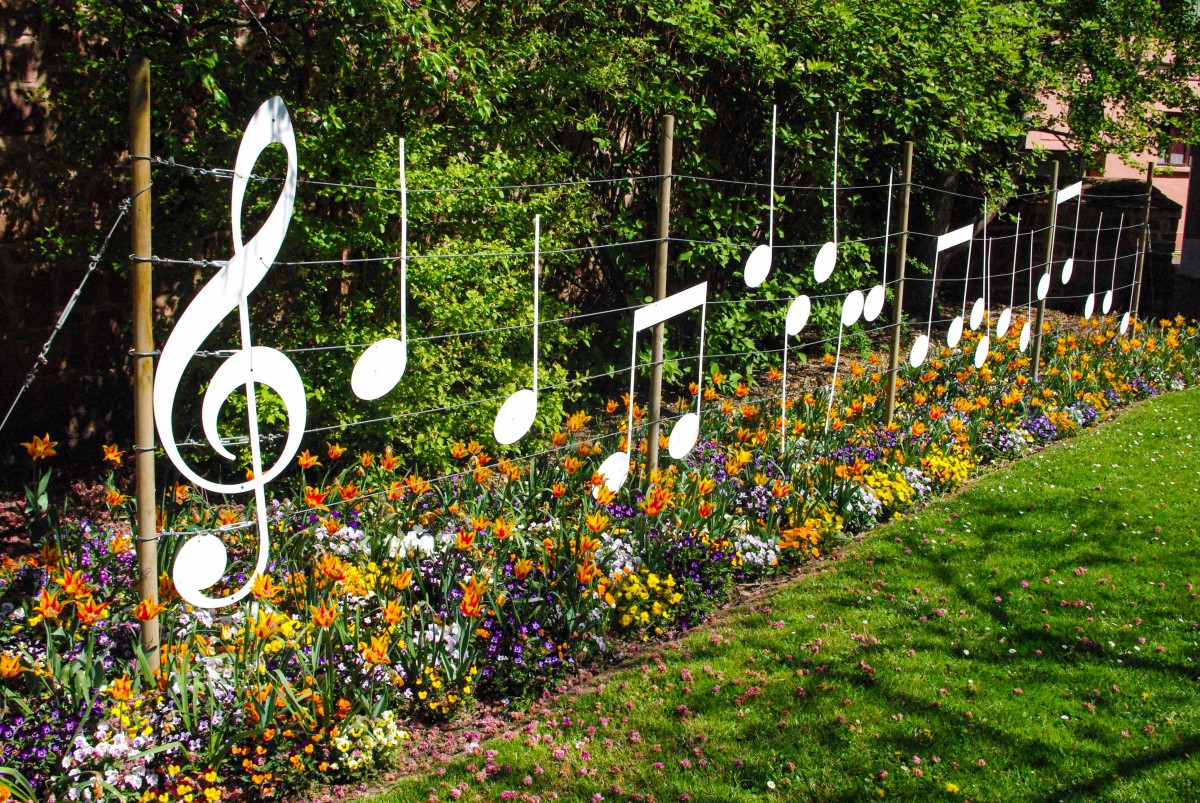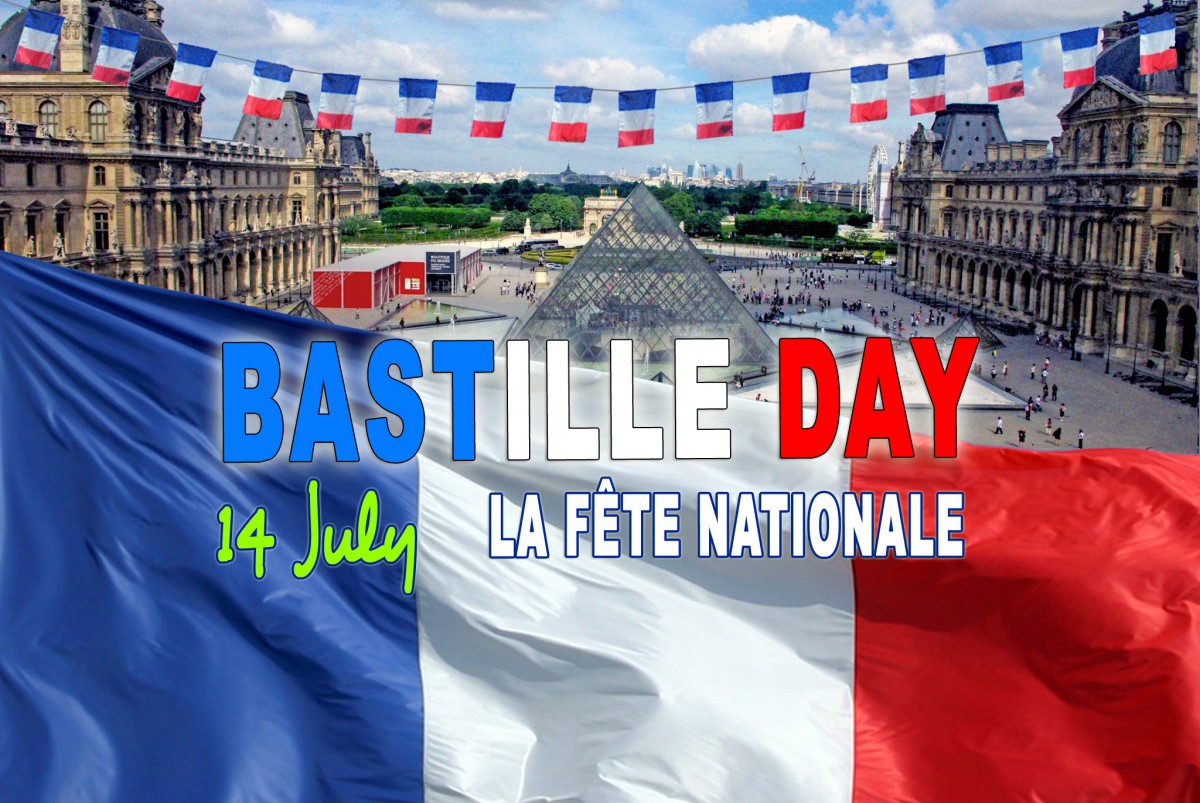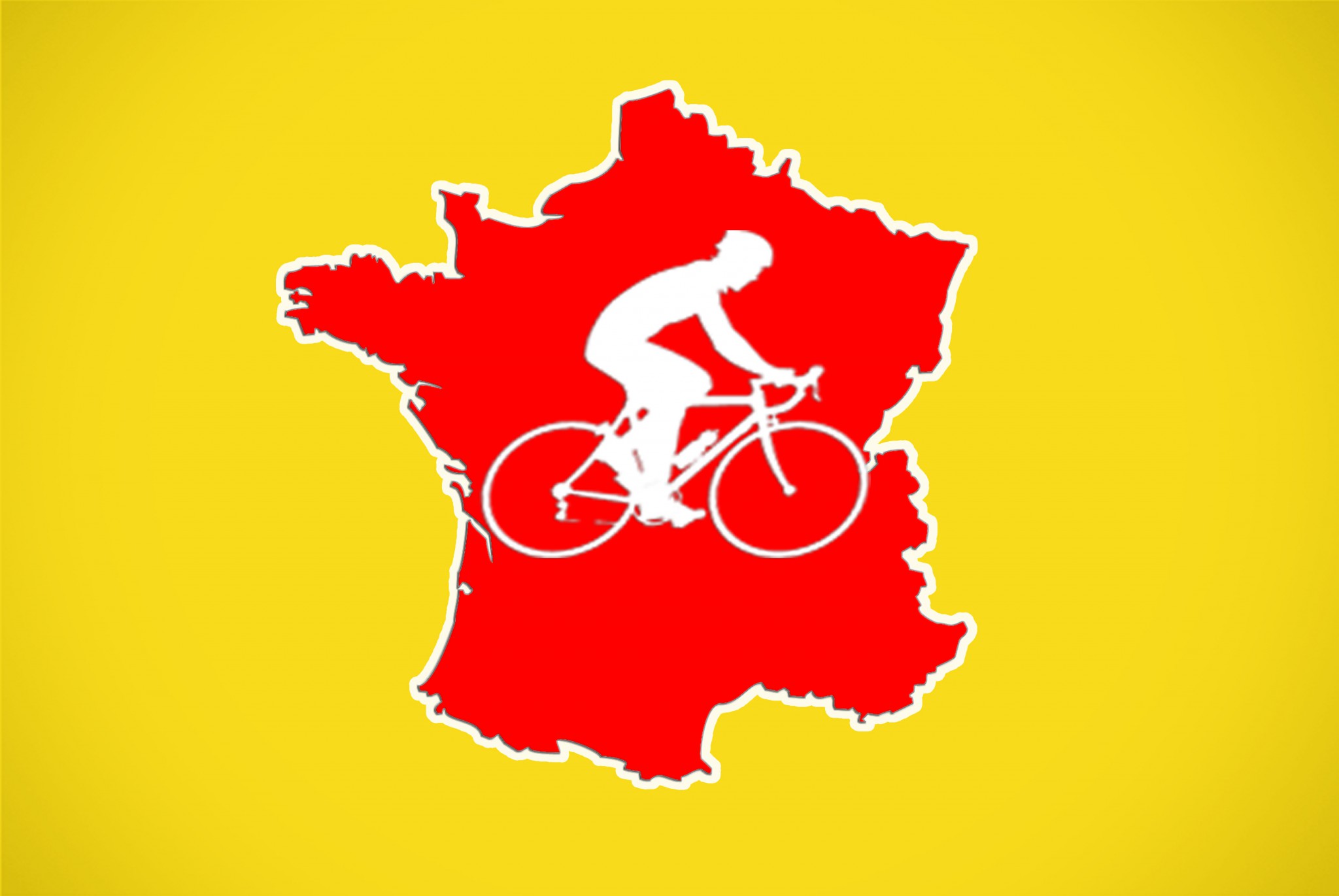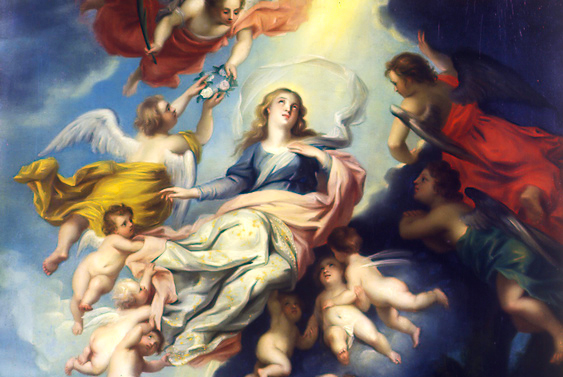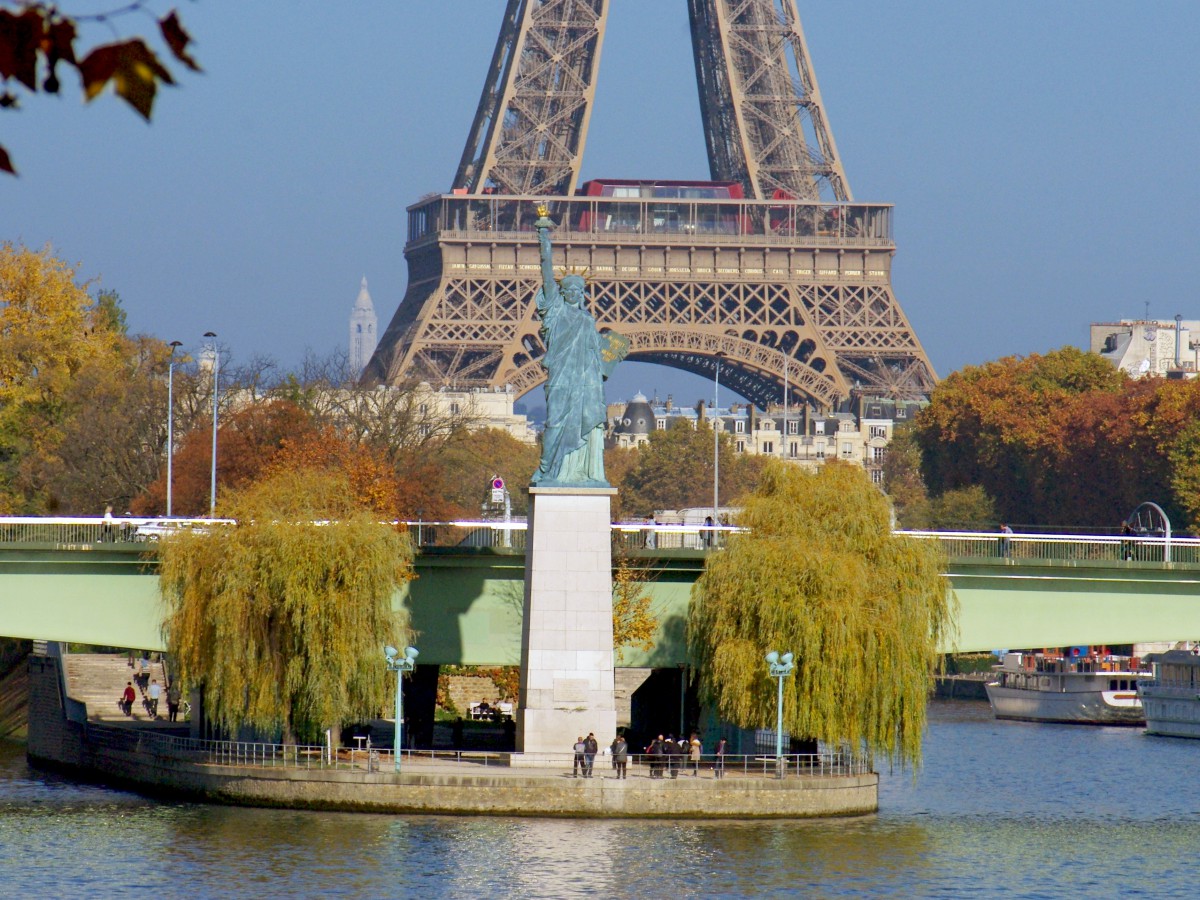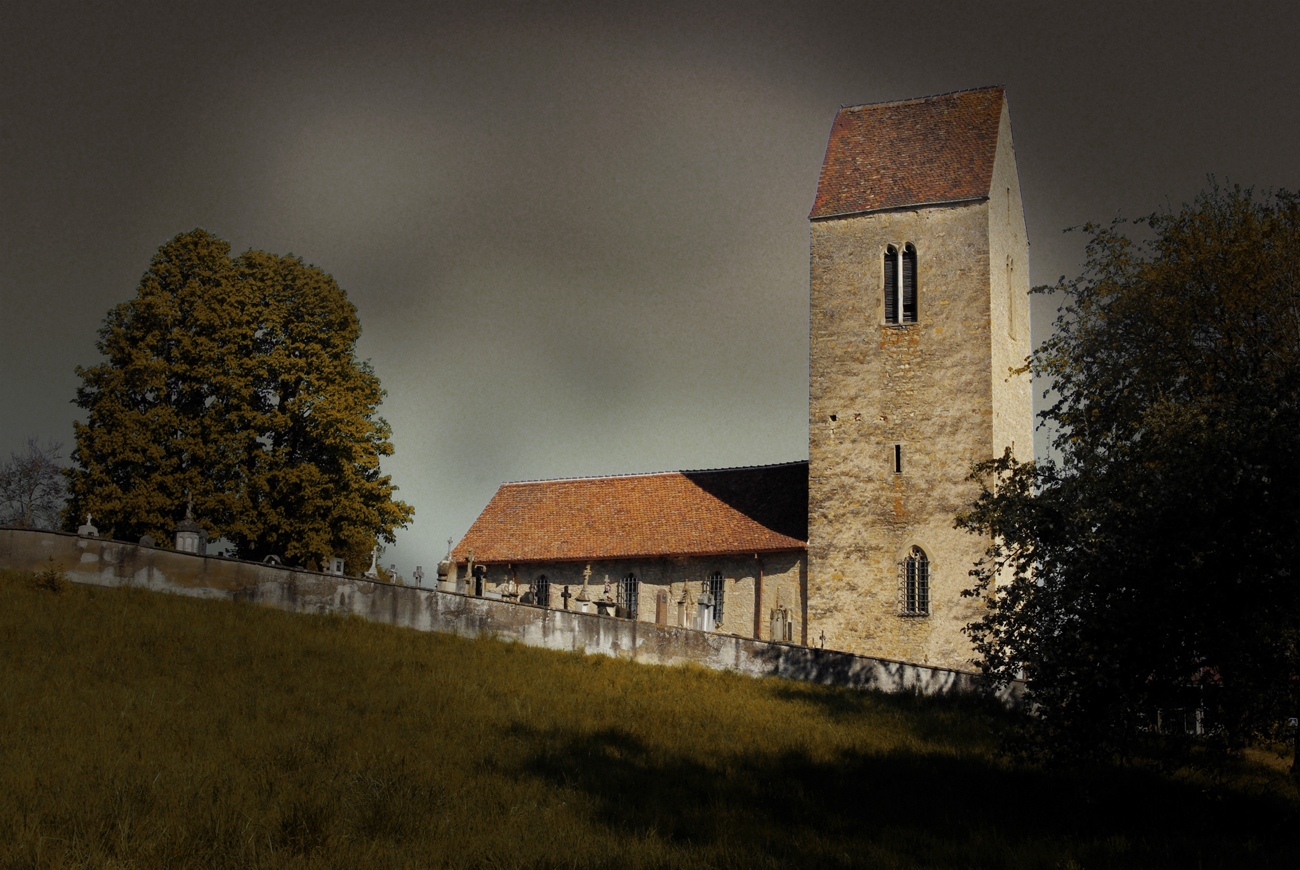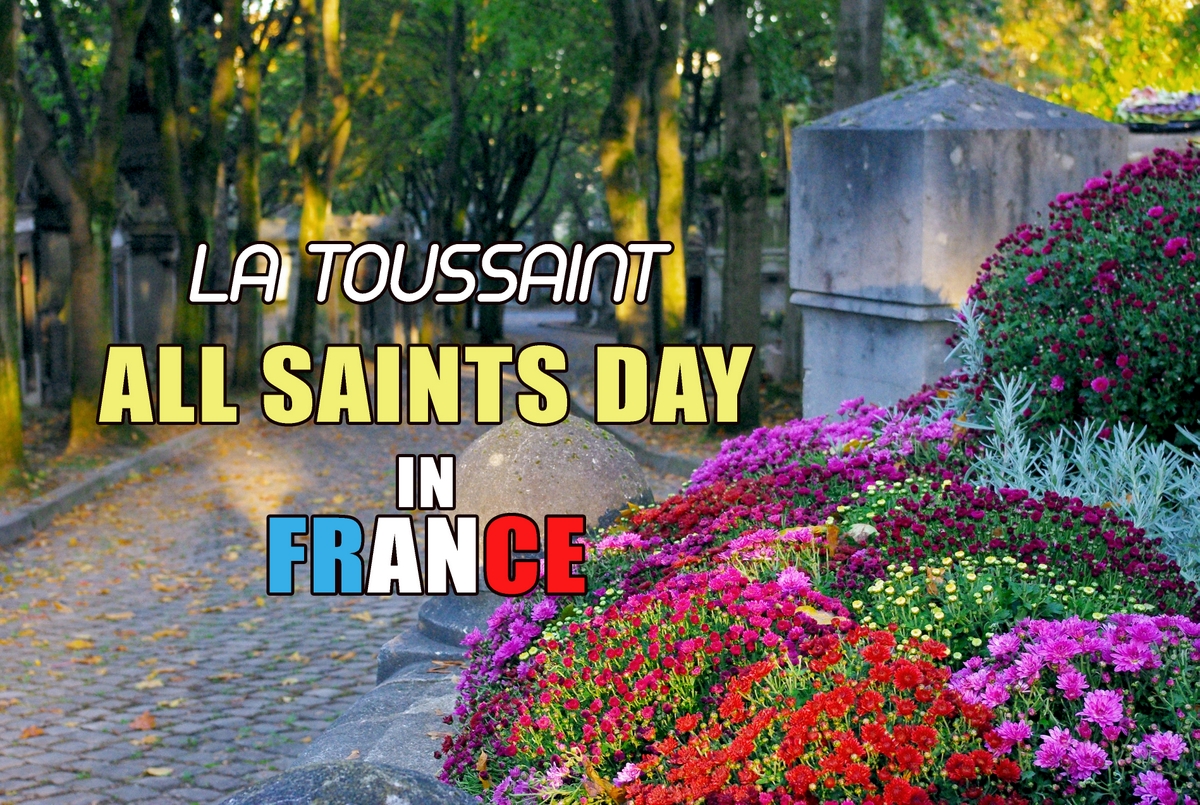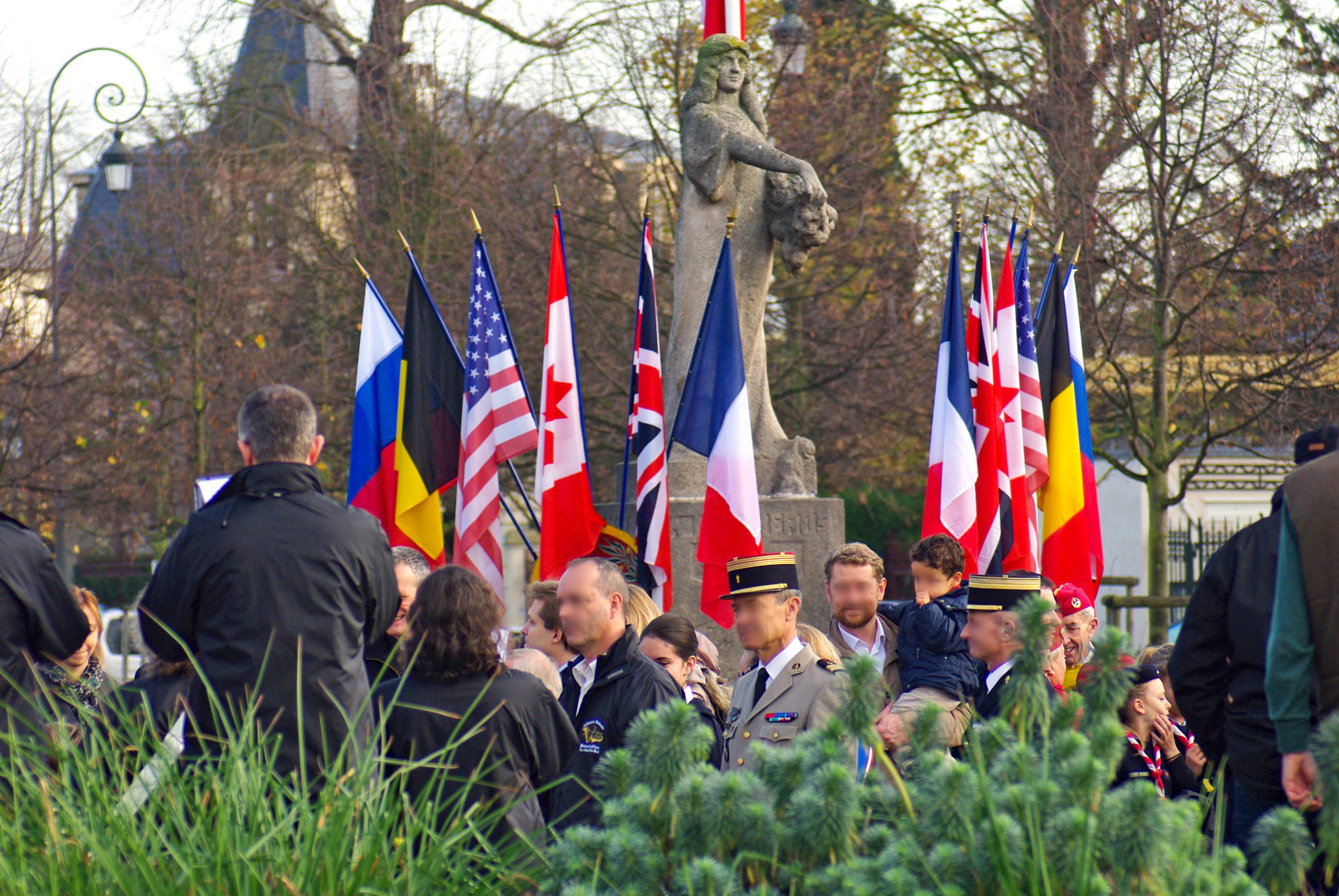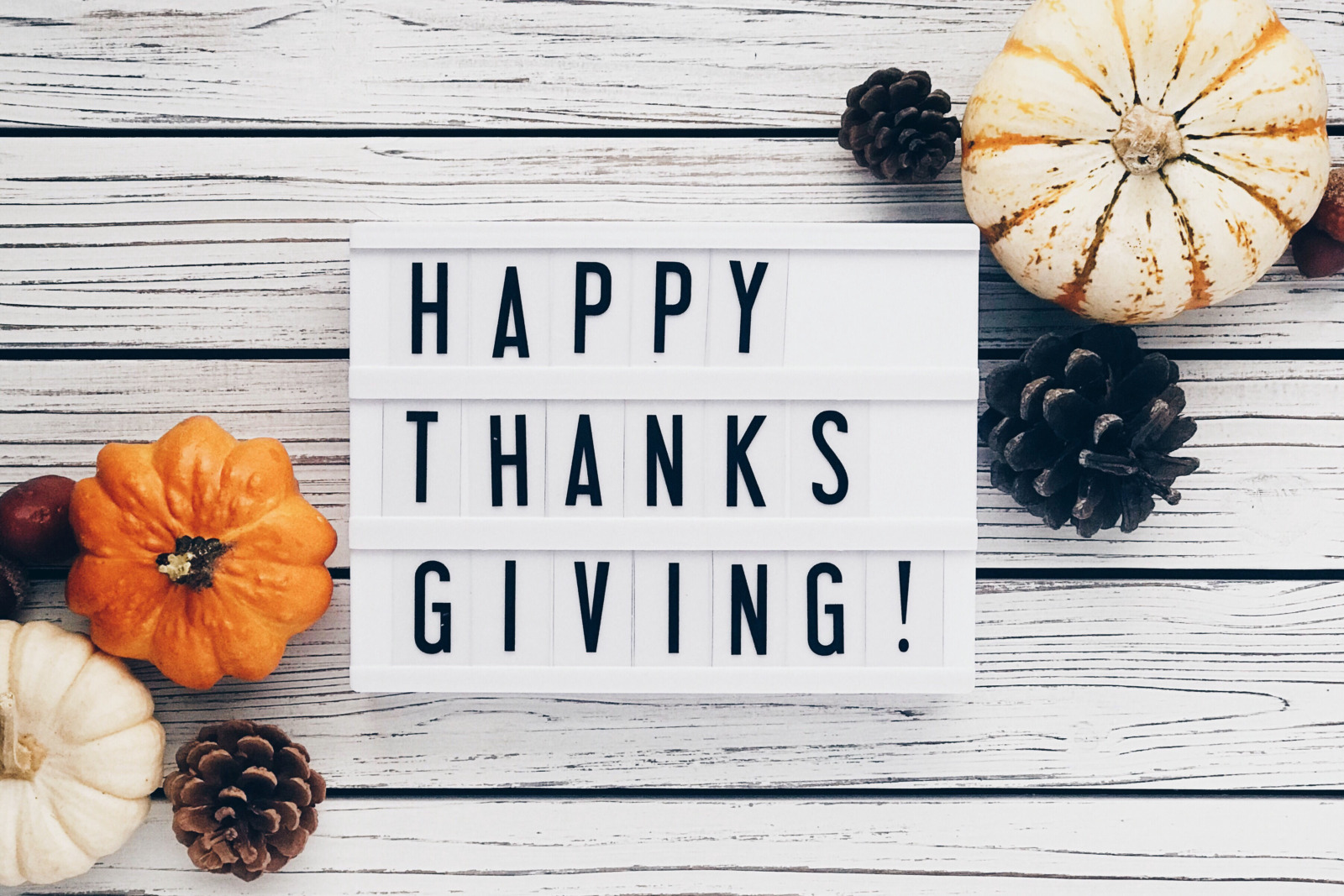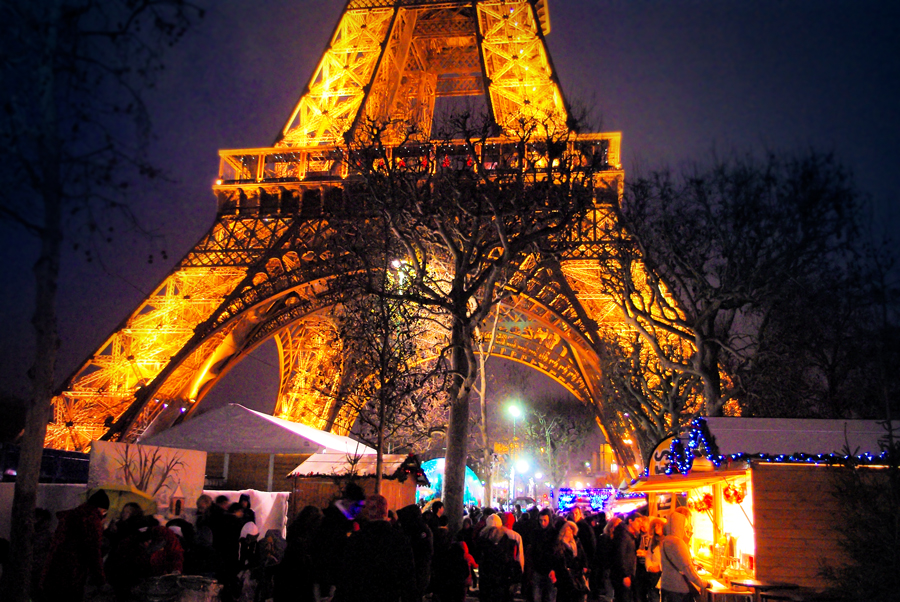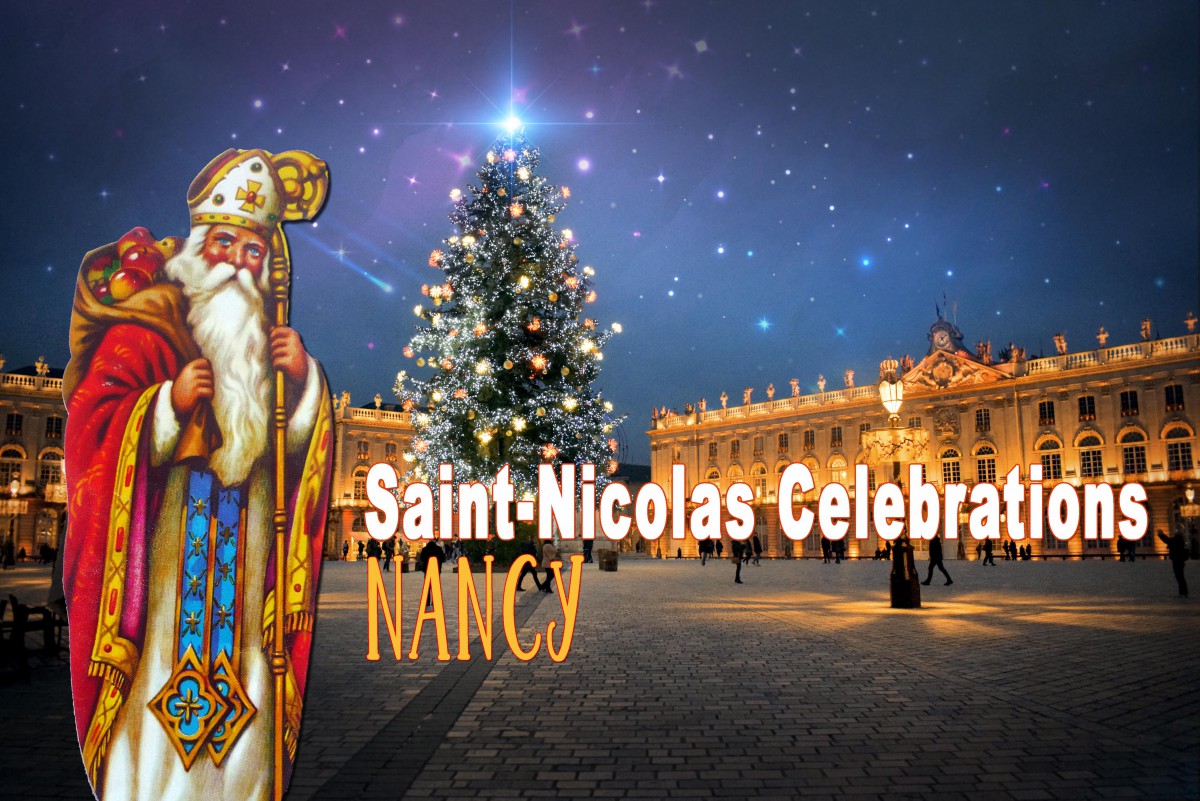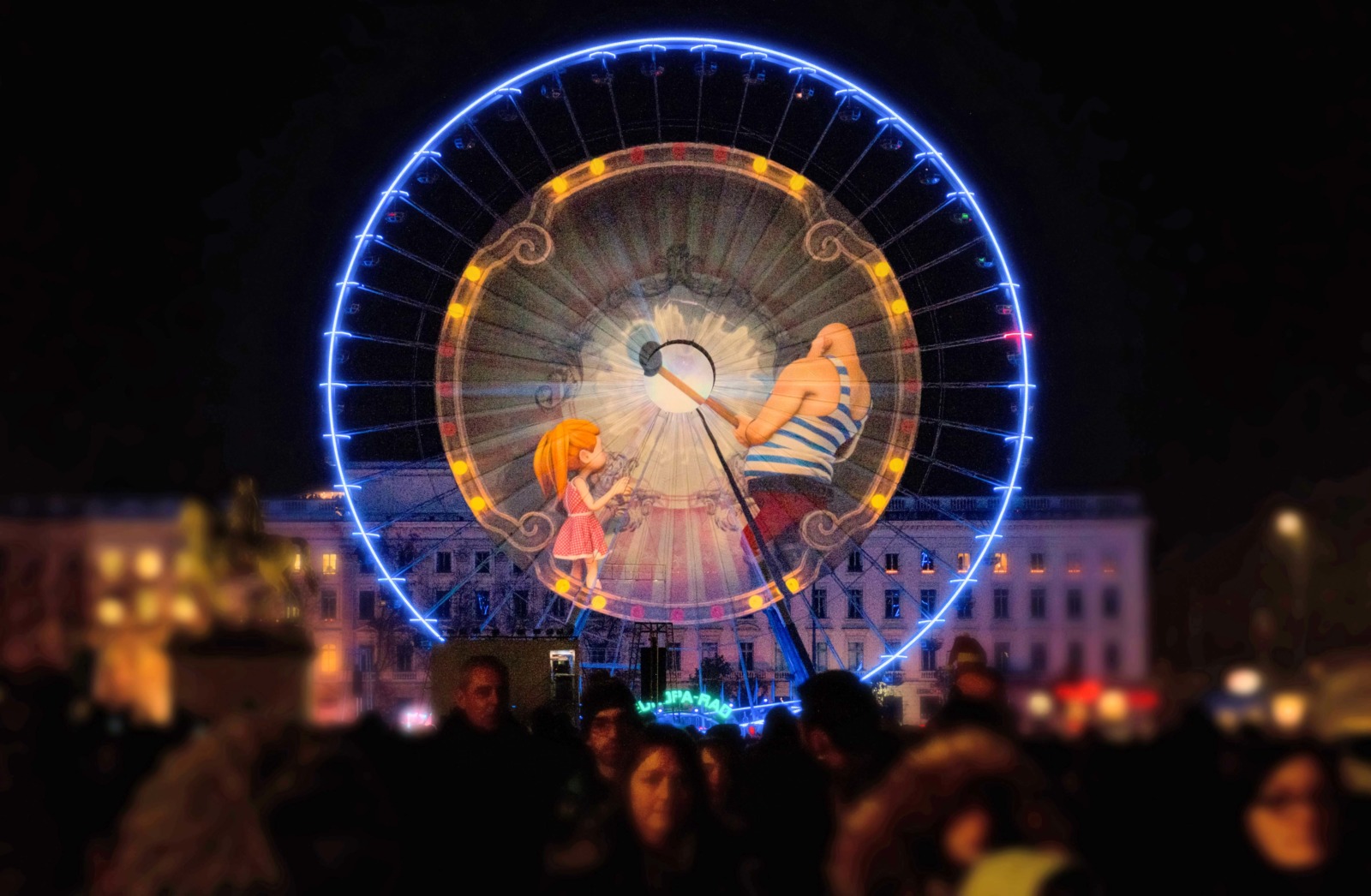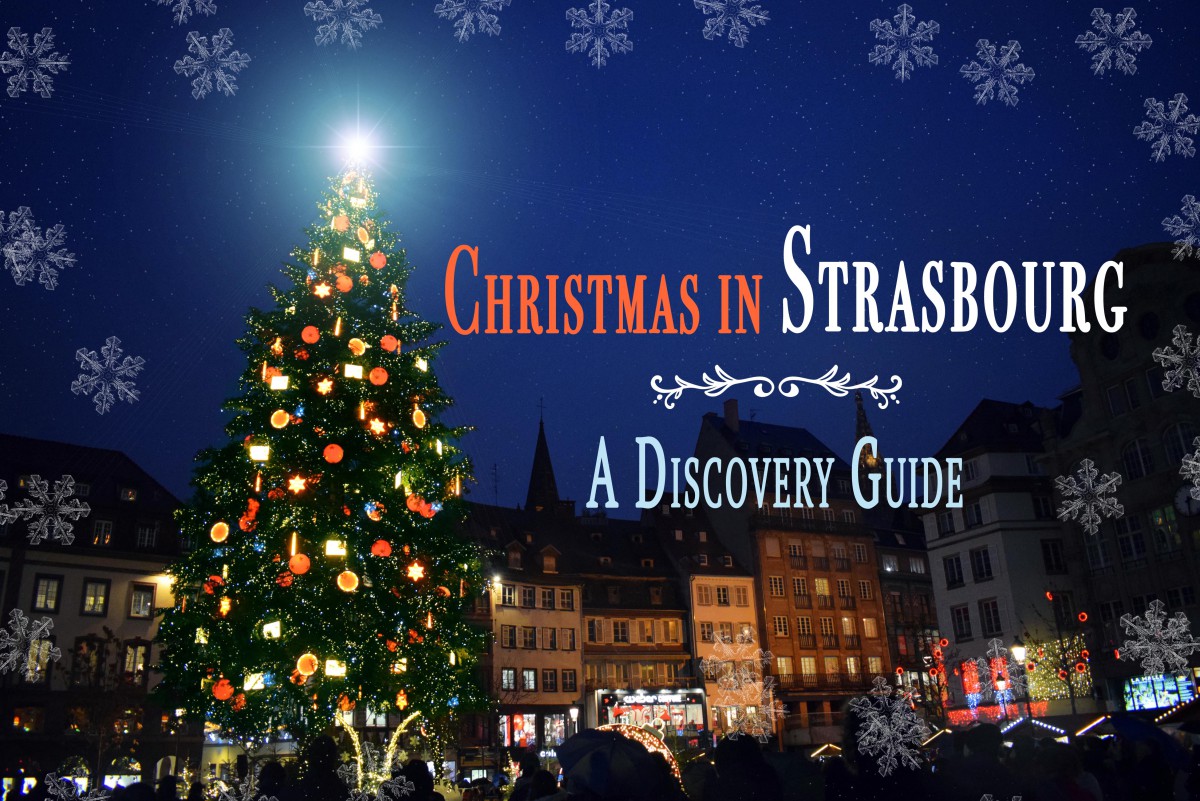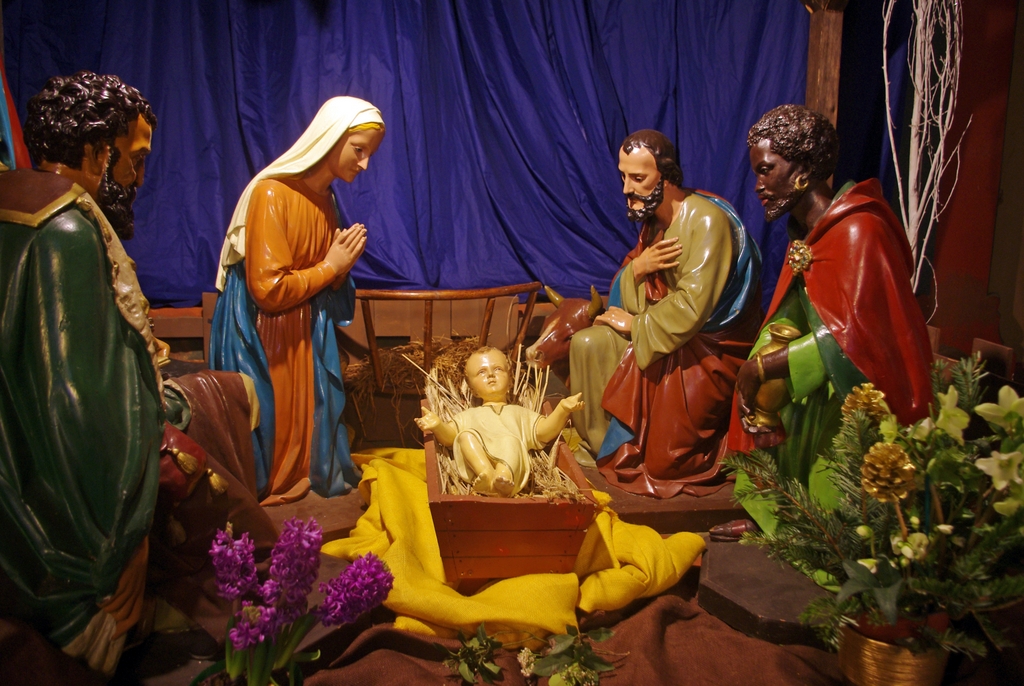Easter traditions in France have been significant to French people over the centuries as Easter is the most important Christian celebration of the year. This particular time commemorates the resurrection of Jesus Christ on the third day after his crucifixion on Good Friday. Easter Sunday also marks the end of the fasting period of Lent.
Watch our short video explaining Easter in France:
What is Easter in French?
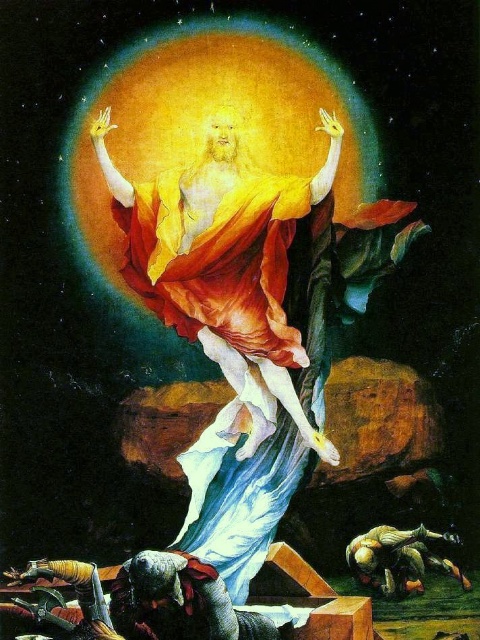
Easter in French is known as “Pâques”.
But we have a word that misses an ‘S’: “Pâque”. So what’s the difference between the two words?
The French word “Pâque” derives from the Latin “pascua”, meaning “food”, which itself comes from the Hebrew “Pessah”, meaning “passing way” (hence the word “passage”) and is the Jewish name for the Passover celebration, which remembers the Exodus out of Egypt.
According to the Gospel, it was during this Jewish celebration that Jesus rose again.
In French, there is a spelling distinction between:
- “la Pâque juive” (the Passover celebrated by the Hebrews) and
- the “fête chrétienne de Pâques” (Christian celebration of Easter).
The Jewish Passover commemorates the Exodus from Egypt.
The Christian Easter celebrates the latter event, the last Supper of Christ before His Passion, His crucifixion, and His resurrection.
Setting the date of Easter in France
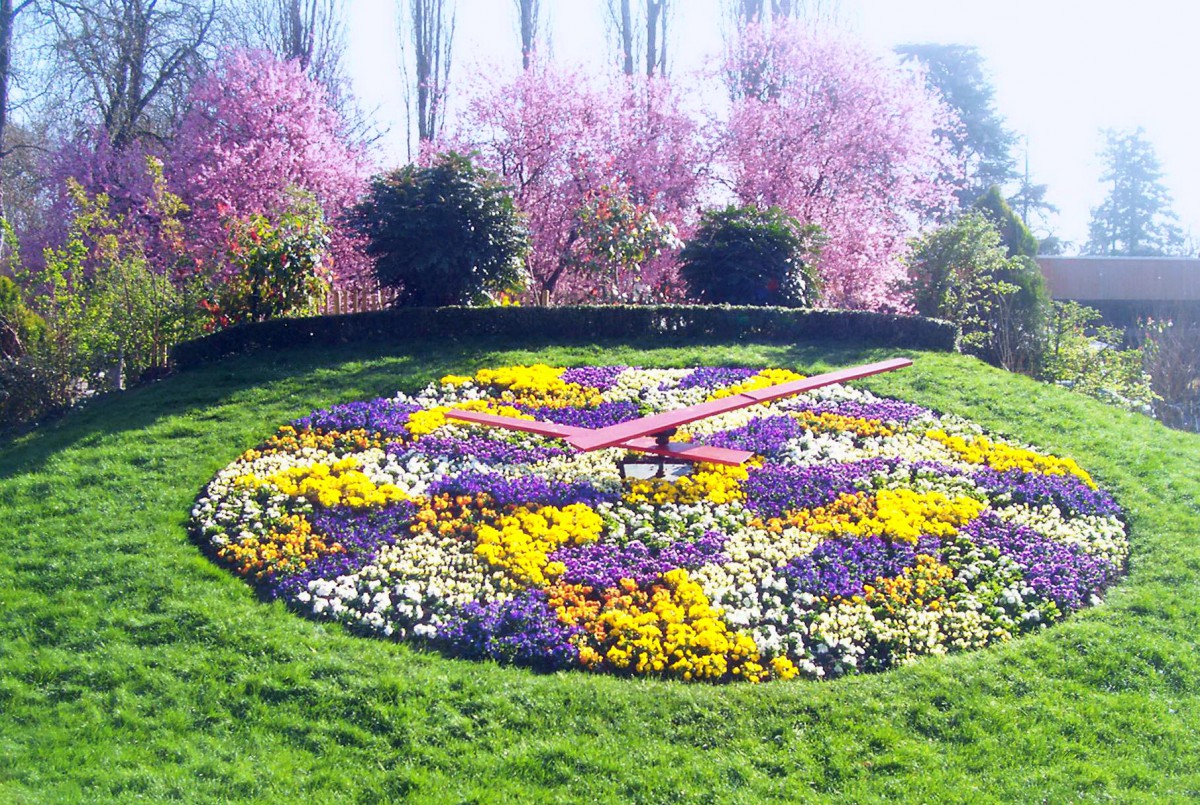
In France, Easter is celebrated on a Sunday. The date is dependent on the seasons and the movement of the sun. (We are quite lucky to share the same Easter date with all Christians around the world – unlike Mother’s Day or Father’s Day)
The French celebrate Easter Sunday on the 14th day of the first lunar month in spring. This corresponds to the first Sunday following the first full moon of spring. This date can change depending on the longitude of the city from which the observation is made. In France (and in Australia or America), this is set as Rome.
The date is based on the lunar calendar. In 2018, Easter was set for the 1st of April; in 2019, the 21st of April; in 2020, the 12th of April; in 2021, the 4th of April; and in 2022, the 17th of April.
Easter Sunday (Dimanche de Pâques) and Easter Monday (Lundi de Pâques) are public holidays in France, and most shops and administrations will be closed (except your local bakery!).
Good Friday (Vendredi Saint) is a working day, except in the French départements of Moselle in Lorraine, and Haut-Rhin and Bas-Rhin in Alsace.
Dates of Easter in France
Easter and the related holidays are moveable feasts in that they do not fall on a fixed date. Easter is determined every year thanks to a complex calculation. Here are the dates for the years to come:
- 2023: April 9
- 2024: March 31
- 2025: April 20
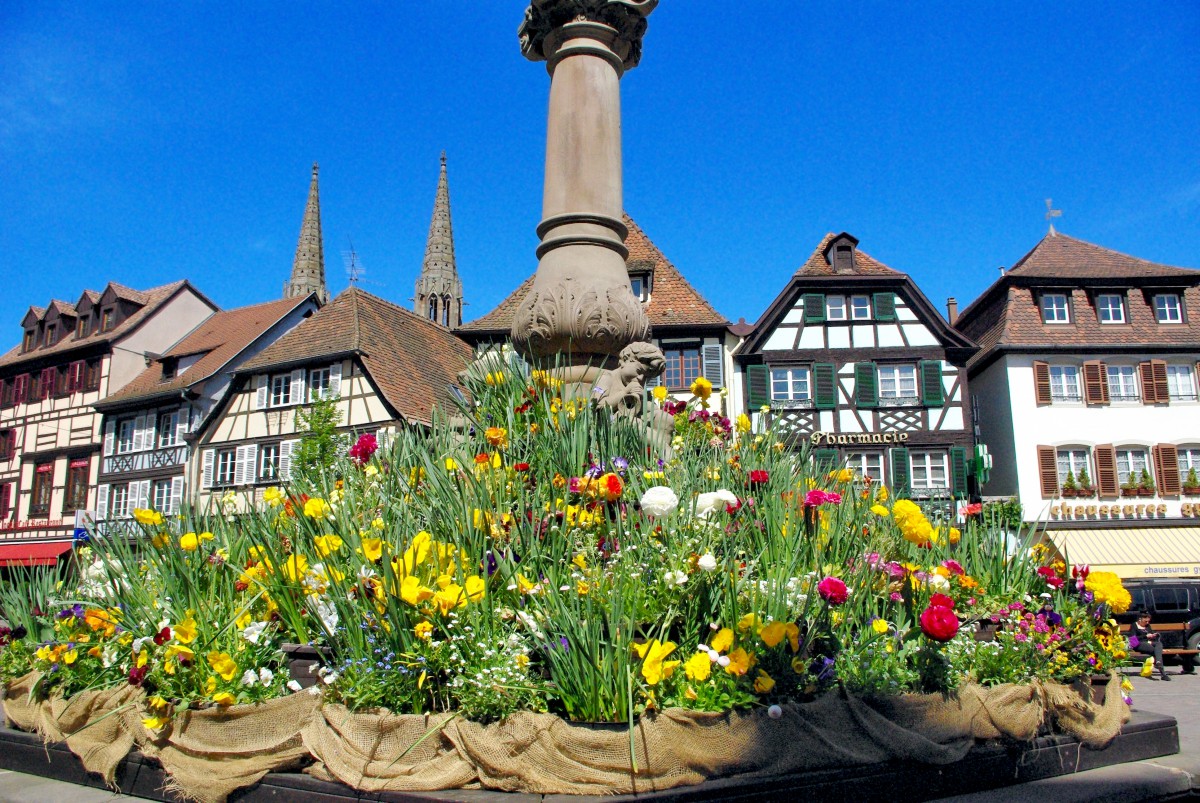
Easter traditions in France
French Easter traditions are followed in every city, town and region. As for Christmas, Alsace is particularly rich with local celebrations… although the distributor of eggs differs from the rest of the country.
🎦 Watch our YouTube video on the Easter traditions in France:
Easter decorations in Alsace
Décorations de Pâques en Alsace
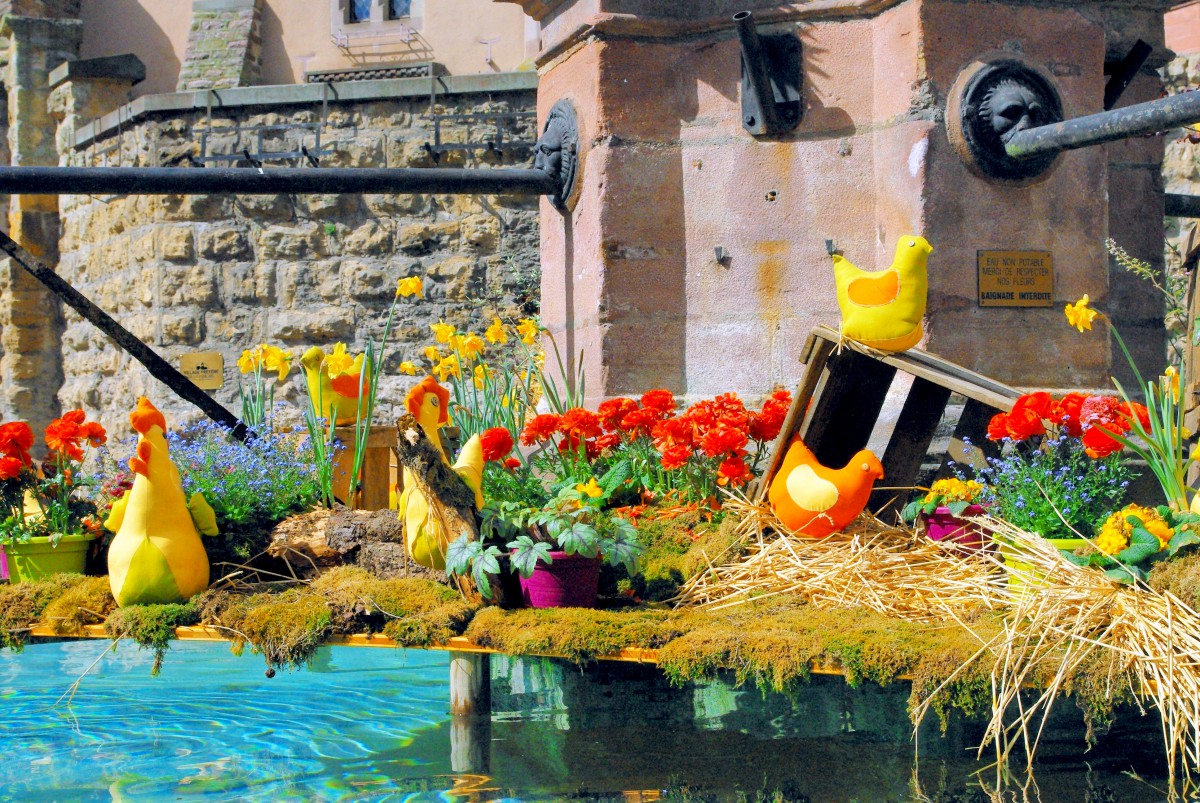
In Alsace, people decorate their houses before Easter. Branches are set up with painted eggs, spring flowers and little figurines hanging beautifully in the windows or the centre of a table. Children create nests with leaves, moss or grass, which they place in the garden, hoping that the Bells (or the Easter Bunny) will fill them with multi-coloured (and chocolate) eggs during the night.
Find out more about the Easter traditions in Alsace.
Small Gifts to Give at Easter
Easter is the time of year when people give and receive gifts, and giving gifts on Easter can spread love and happiness. Besides some classic gifts, plenty of other options make your Easter gift-giving extra special. For example, custom keychains are a great option. You can design the keychain in the shape of a rabbit and engrave the names of family members or friends on it. This will show your thoughtfulness and heart, which is more appreciated than a box of chocolates bought in the store!
Easter eggs
L’œuf de Pâques
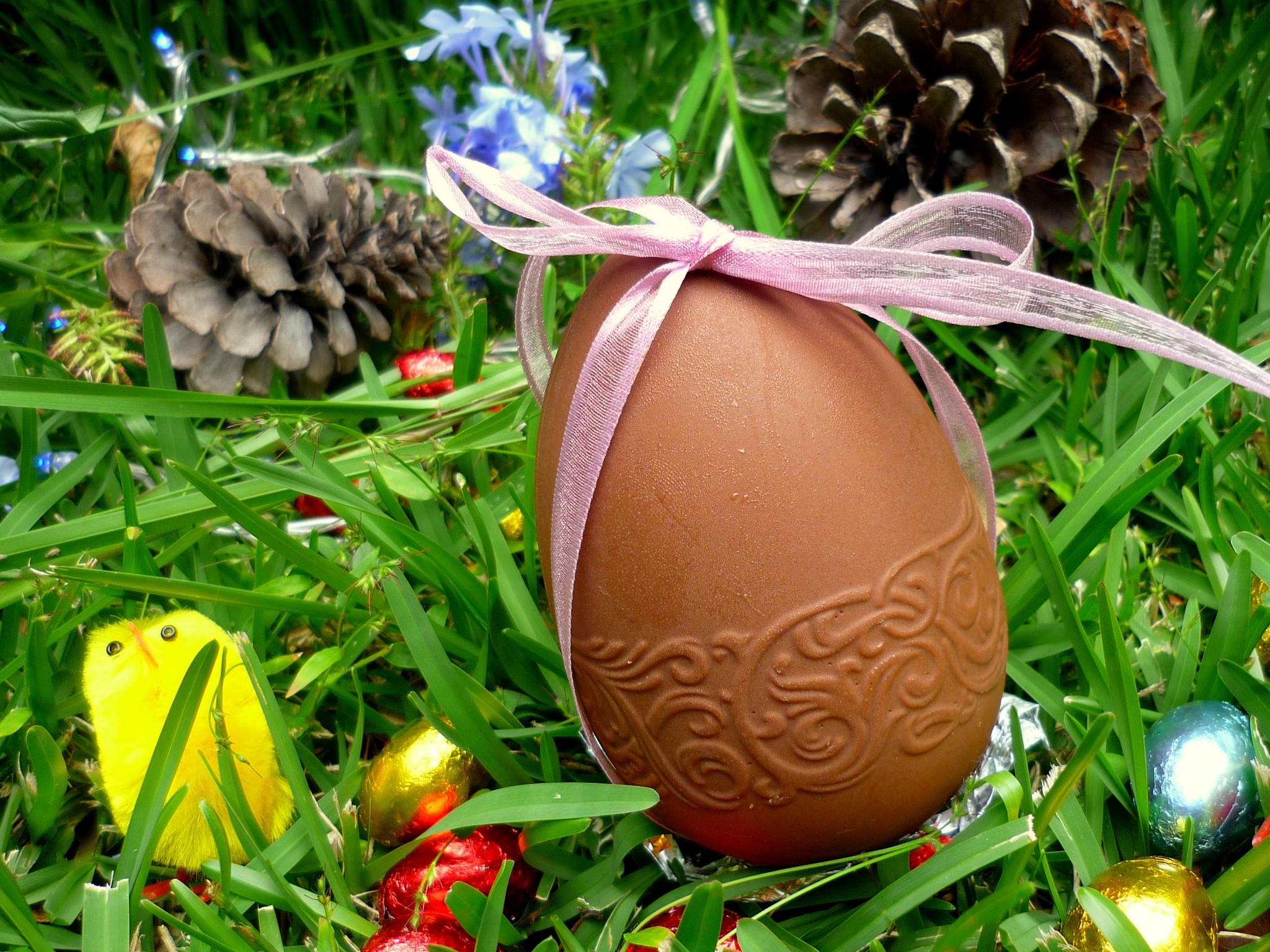
The tradition of giving decorated eggs lies in the fact that eggs symbolise life and renewal. Therefore, it was only natural that it would become a symbol for Easter which commemorates renewal through the resurrection of Christ.
Also, as tradition forbade eating eggs during Lent, finding them in large quantities at Easter was unsurprising. In medieval times, people offered each other decorated eggs at Easter. This tradition gave birth to numerous legends and customs.
In France, it was only in the 18th century that people emptied fresh eggs to fill them with chocolate. Then, chocolate-shaped eggs were made to be hidden in the garden for children to find.
Who is the Easter Bunny?
Le lapin de Pâques
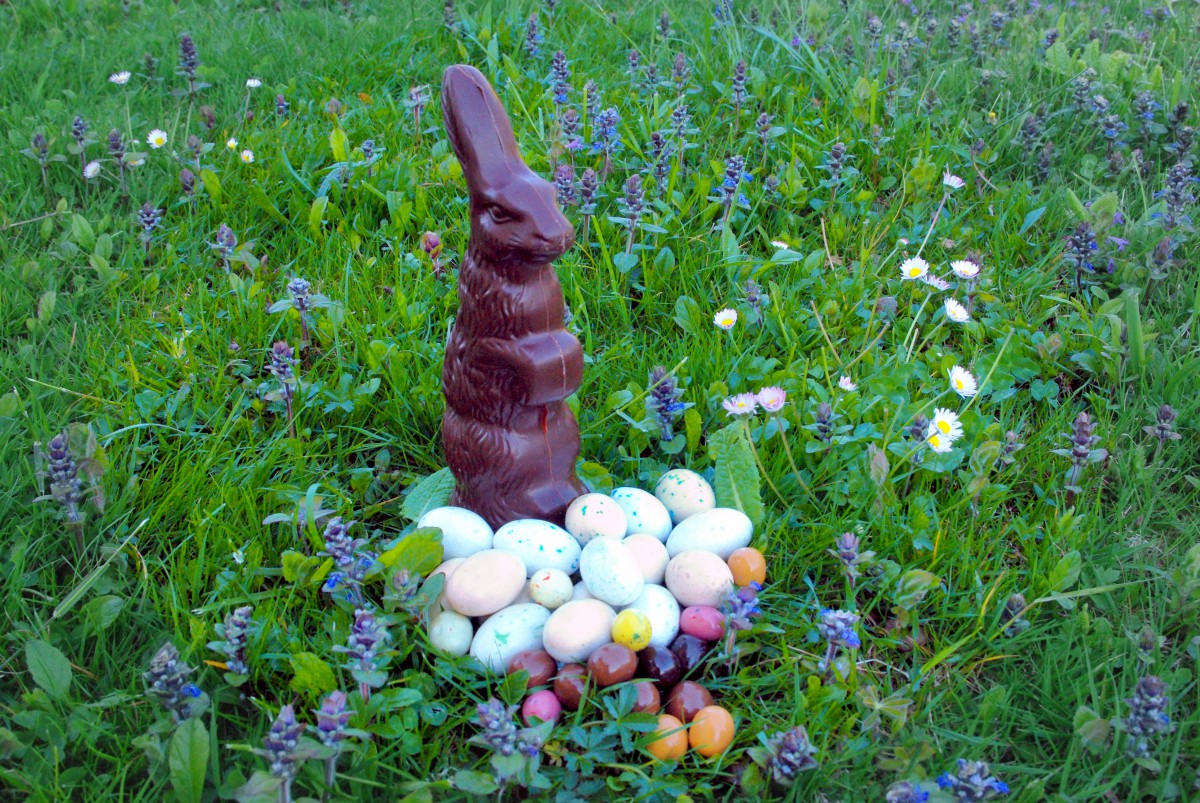
The Easter Bunny is an Easter tradition of Germanic and Nordic origin. The rabbit and the hare were emblematic animals of a goddess named “Ost ara”, which gave its name to Easter in English. The extraordinary fertility of the rabbit symbolised abundance, renewal and the proliferation of life. The hare was first connected with Easter in Alsace and the Upper Rhineland (then both part of the Holy Roman Empire). Just as the Christmas tree is for Christmas, it was also in Alsace that the practice of offering Easter eggs was first recorded in a publication dating to the early 17th century.
What are the Easter Bells?
Les cloches de Pâques
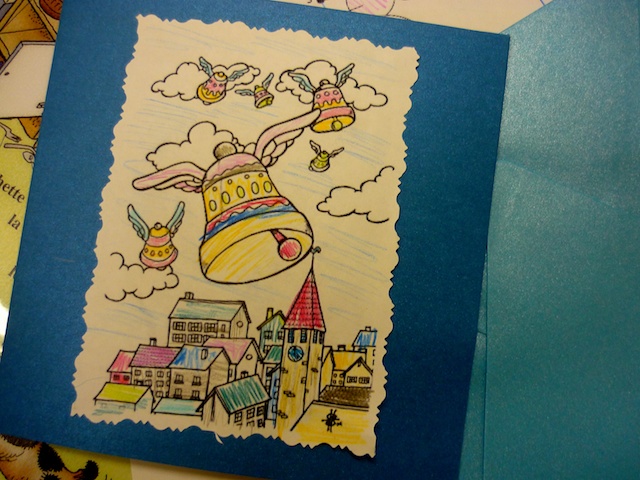
However, bunnies give way to another tradition in Catholic lands, such as France or Italy: the Easter Bells.
Even though you can find chocolate Easter bunnies everywhere in local stores and supermarkets, it is traditionally believed that they did not bring Easter eggs to the children on Sunday morning.
In France (except in Alsace and the département of Moselle), the Easter Bells (cloches de Pâques) bring the eggs on their way back from Rome.
An old tradition
The tradition around the silent bells originates from the 7th century when the Church forbade the ringing of the bells in homage to the death of Christ between Maundy Thursday and Easter Sunday. In France, legend has it that on Maundy Thursday, the bell’s chimes flee to Rome, where the Pope blesses them. There, they collect the Easter eggs, which will be scattered in gardens and yards on their return journey.
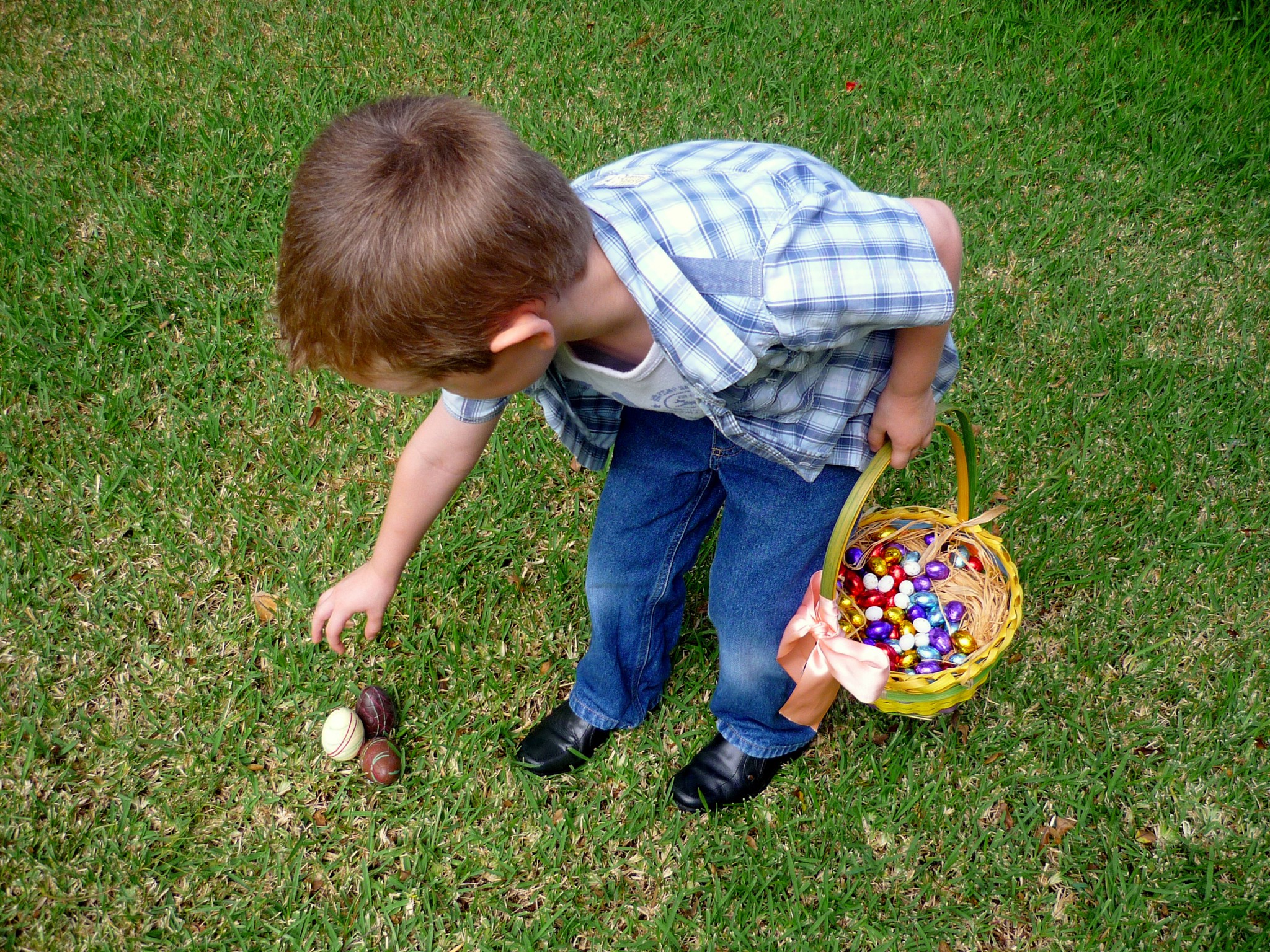
By the morning of Easter Sunday, they have returned and are ringing out joyfully to declare the resurrection of Christ. When children hear them, they go to the garden on an egg hunt.
The Easter Bells are often represented with a pair of wings, and ribbons or sometimes are transported in a cart.
Easter chocolate
Le chocolat à Pâques
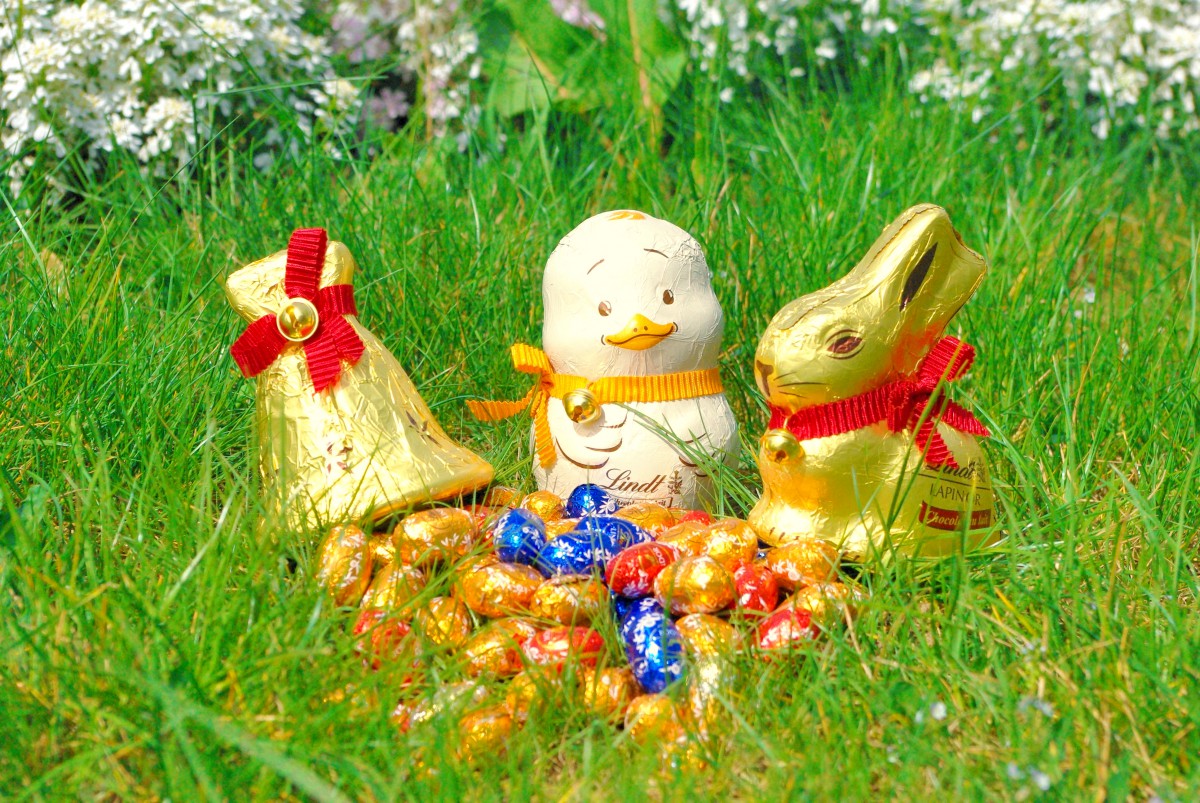
As in Christmas time, chocolate is essential when celebrating Easter in France. In many pâtisseries-chocolateries, great attention to detail makes chocolate eggs look more like pieces of art than anything edible.
Unlike the chocolate shapes sold in the UK and Australia, the French do not purchase only Easter egg shapes. There is a profusion of different shapes, including chocolate Easter bunnies, Easter Bells, Easter Hens, and little Easter Fish called “Fritures de Pâques”.
Fritures de Pâques
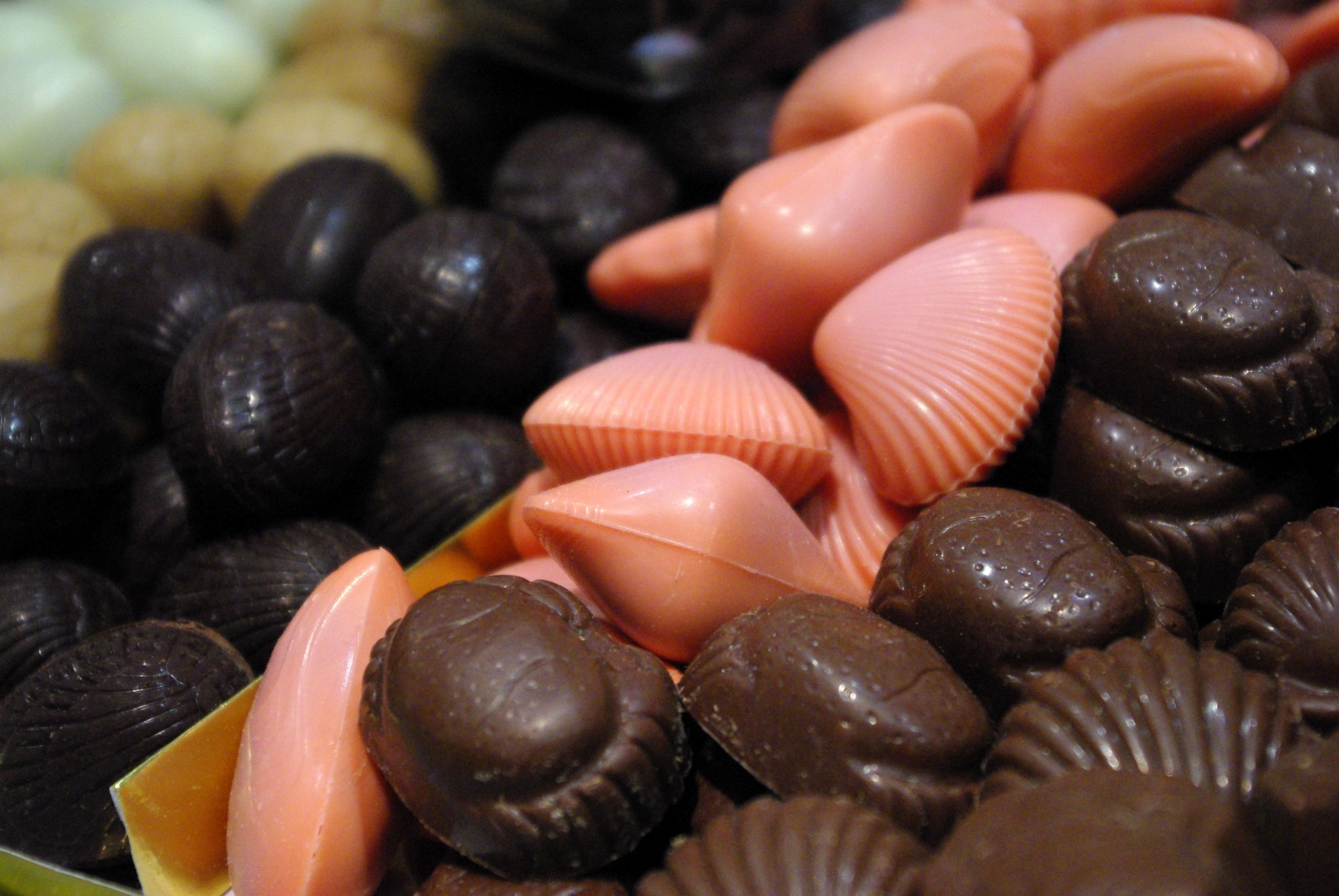
The “Fritures de Pâques” are small fish-shaped chocolates. The fish is the symbol of Christianity, and during the Roman era, it was a signal for persecuted Christians to distinguish friends from foes. The little Easter fish are called “fritures” (fried whitebait) because of their shape and are often packed into straw baskets or chocolate boxes to resemble a school of delicious little fish.
Easter traditions in France: English-French Vocabulary
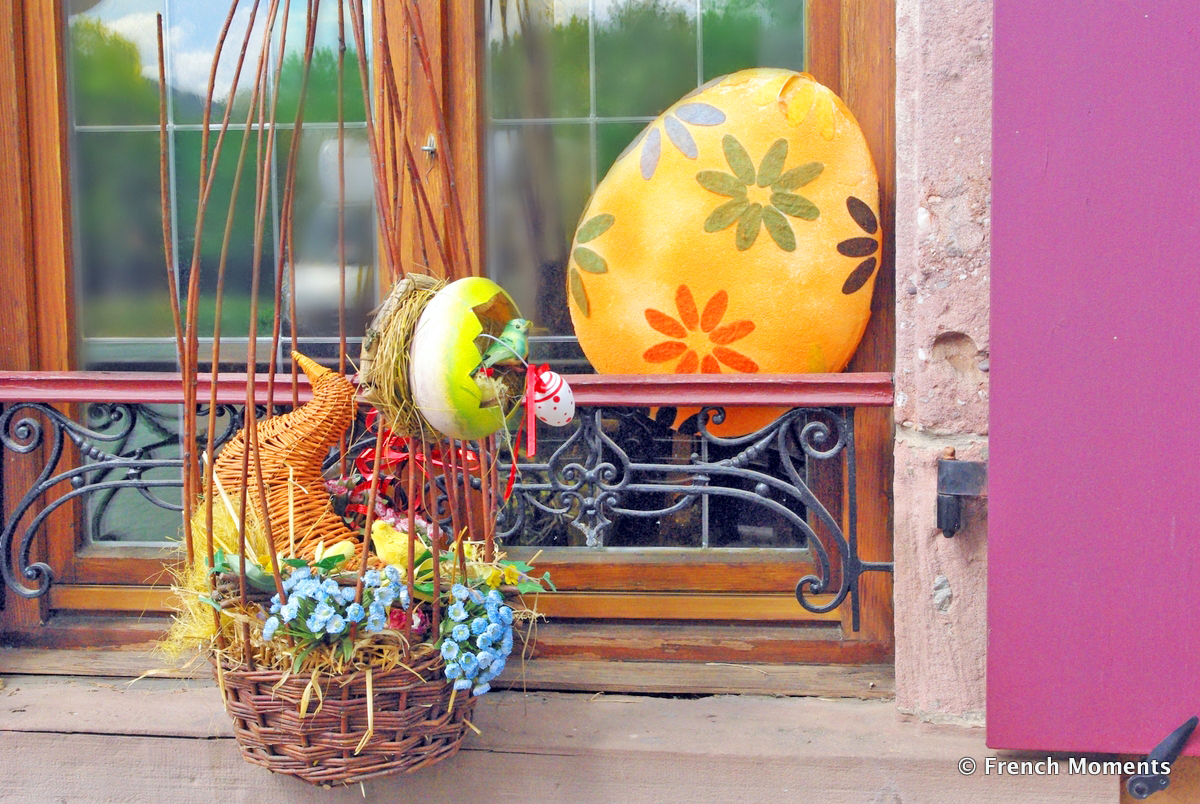
(f) for féminin, (m) for masculin, (adj) for adjective and (v) for verbs
- bell = cloche (f)
- bunny = lapin (m)
- to celebrate = célébrer (v)
- chocolate = chocolat (m)
- to decorate = décorer (v)
- decoration = décoration (f)
- Easter = Pâques (f)
- Easter Market = Marché de Pâques (m)
- egg = œuf (m)
- egg hunt = chasse aux œufs (f)
- Good Friday = Vendredi Saint (m)
- Good Thursday = Jeudi saint (m)
- hare = lièvre (m)
- Holy Week = Semaine Sainte (f)
- Jesus = Jésus
- lamb = agneau (m)
- mass = messe (f)
- nest = nid (m)
- pope = pape (m)
- spring = printemps (m)
- stork = cigogne (f)
- Sunday = dimanche (m)
- tradition = tradition (f)

- Read a complete guide about Easter.
- Find out more about Spring in France on the blog.
- Read more about Easter in Alsace on the French blog.



